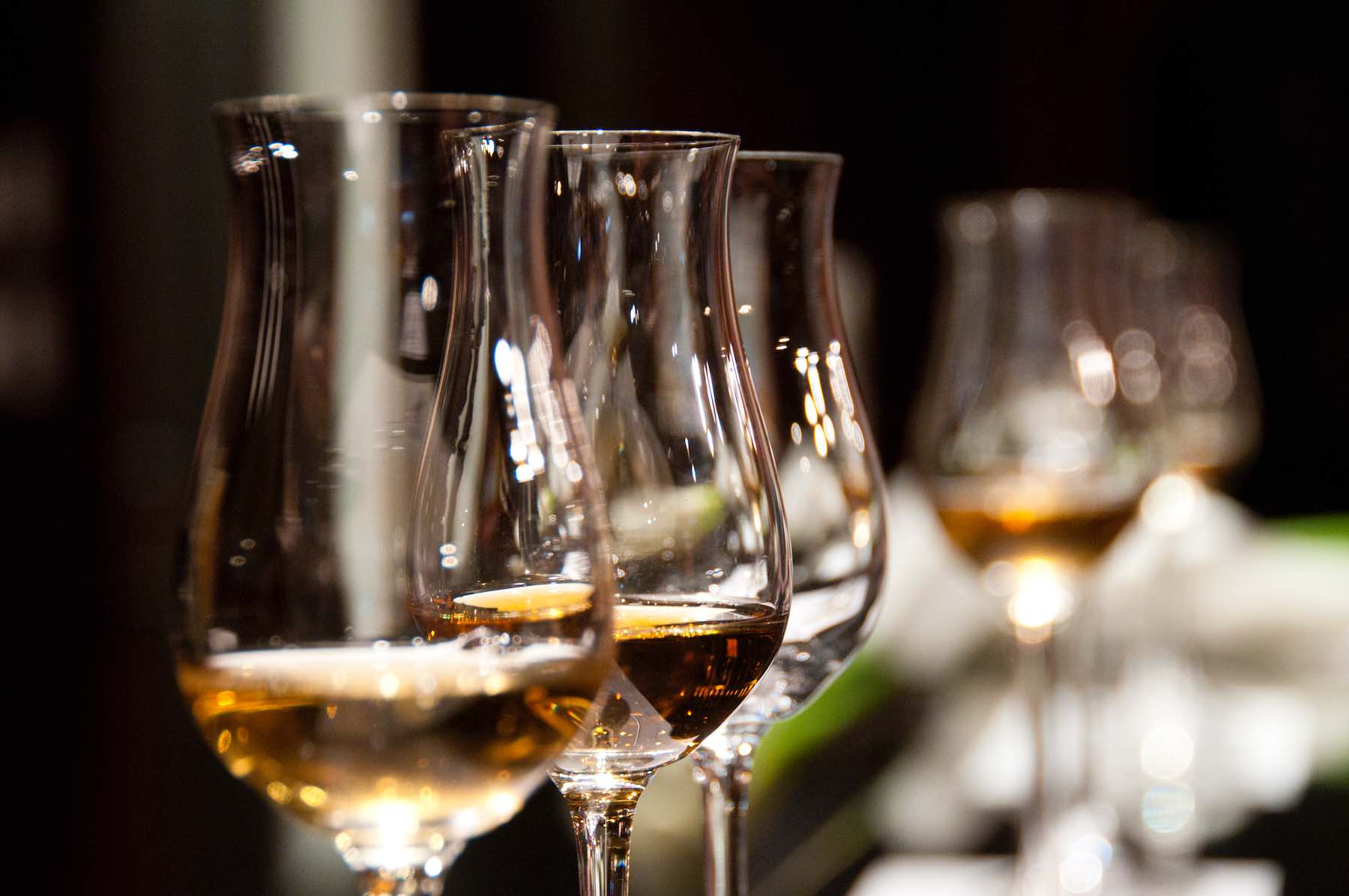
Why is single cask whisky so expensive?
When I'm in the pub and being introduced to new friends, it isn't long before TopWhiskies comes up in conversation. I'm like a proud parent. Inevitably, a phone comes out, we look at the website, and talk about the single cask whiskies we have in stock.
I think it's fair to say some people may be a bit surprised at the price points. And that's understandable. High-end whisky is a treat, a little luxury in life. But I thought it may be useful to briefly comment on why single cask whisky can be so expensive. So, here are five contributing factors to the cost of single cask whisky.
A quality product
Single cask whiskies are (usually!) of very high quality. If the brand is doing their job right, these are amongst the best examples of a particularly distillery or style you'll find.
High quality bottles mean finding high quality casks of whisky. And such casks don't come cheap. They themselves command a premium. This cost in the fundamental input into single cask whiskies is reflected in the end price. You are buying quality.
Rare and unusual whiskies
Linked with quality is the rarity factor. Not every cask of whisky is good enough to be released as a single cask expression. Indeed, most casks of whisky are not good enough - it's only a small proportion that will make the grade. Rarity influences cask price, which in turn affects the end cost of the bottles.
But there's another angle to rarity. Single cask whiskies are an opportunity to try different, unique, and special whiskies. Those that are a different style. That use a particular type of whisky cask, like port casks. Or that are exceptionally well-aged. Again, these factors mean there are inherently fewer casks that meet the grade.
Artisan releases
Single cask whiskies are artisan releases. Care and attention goes into every aspect of their creation. From selecting the best casks of whisky. Through considering how best to age and finish them. To the bottling process and how they're presented.
And, in line with an artisan product, you're buying something that's inherently limited edition. Exactly how many bottles of whisky are made depends on the size of the whisky cask. But usually there will be only around 300 bottles.
The role of tax and Alcohol Duty
Single cask whiskies can be bottled at any strength, from 40% upwards. However, given the artisan nature of single cask whisky, it is often bottled at high strength. As a broad range, 50% to 60%, ish. Where this is the natural strength of the whisky when emptied from the cask, it is known as 'cask strength'.
Single cask whiskies are usually bottled at high / cask strength as it puts the whisky drinker in charge. They can choose their ideal strength, either enjoying it at the natural cask strength, or adding a little water to bring the ABV down to their preferred strength.
The only catch in this approach is tax. We can never escape tax. And in the case of whisky, as well as standard VAT, producers have to pay 'alcohol duty'. The higher the bottling strength, the more HMRC will take in Alcohol Duty. This means that if you're comparing two bottles of differing strength which are, in every other respect, exactly the same, they will be priced differently.
Alcohol tax in the UK, and therefore payable on single cask scotch whisky, is £28.74 per litre of pure alcohol. So let's look at two examples that illustrate the above point. Let's assume everything about two 700ml bottles of whisky is exactly the same, except one is bottled at 40% and the other at 60%. The Alcohol Duty on the first bottle will be £28.74 x 0.7 litres x 40% ABV, which is £8.05. And the tax on the second bottle will be £28.74 x 0.7 litres x 60% ABV, which is £12.07.
Alcohol tax is a key contributor to the cost of cask strength single cask whiskies. This is particularly true up to the £100 mark, where the combination of VAT and Alcohol Duty will be a sizeable percentage of the total sum. For example, a 700ml bottle of single cask whisky at 60% ABV and priced at £75 will include £12.50 of VAT and £12.07. So, a total of £24.57 goes to HMRC, basically a third of the bottle price in this example.
Small, passionate teams
Single cask whiskies can be released by any brand, including distilleries themselves. But, many of the single cask whiskies you'll find on the market are released by independent bottlers. Indie bottlers specialise in selecting exceptional casks and bottling them as single cask releases.
Many independent bottlers are small companies. In fact, they're often just one, two or three people. A small family business. Run by passionate whisky lovers, who pour their heart and soul into every whisky they bottle.
A small team doesn't necessarily have a direct bearing on cost. Although I would suggest that big companies can drive their costs lower in comparison with small family businesses. But what I would say is that every one of your hard-earned pounds you spend with independent businesses goes a long way. You are supporting someones hopes and dreams. And that, I feel, counts for a lot.
Is single cask whisky worth it?
Yes, single cask whisky can be expensive and is a treat. But yes, single cask whisky is worth paying a, reasonable, premium for. You are buying a high quality rare whisky that is bottled as an artisan product often by small independent family companies. As long as you're buying from a reputable brand or specialist, you are getting great value for your money, with an exceptional whisky to enjoy.
TopWhiskies specialises in independent bottlers and single cask whisky. You can find our full range of single cask whiskies here. And if I can help you with any recommendations, I'd be delighted. You can contact me here.
Thanks for reading, Ed
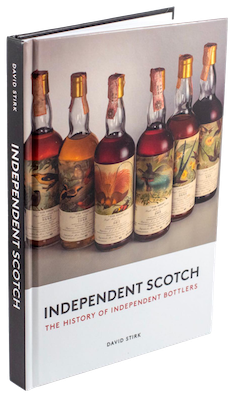
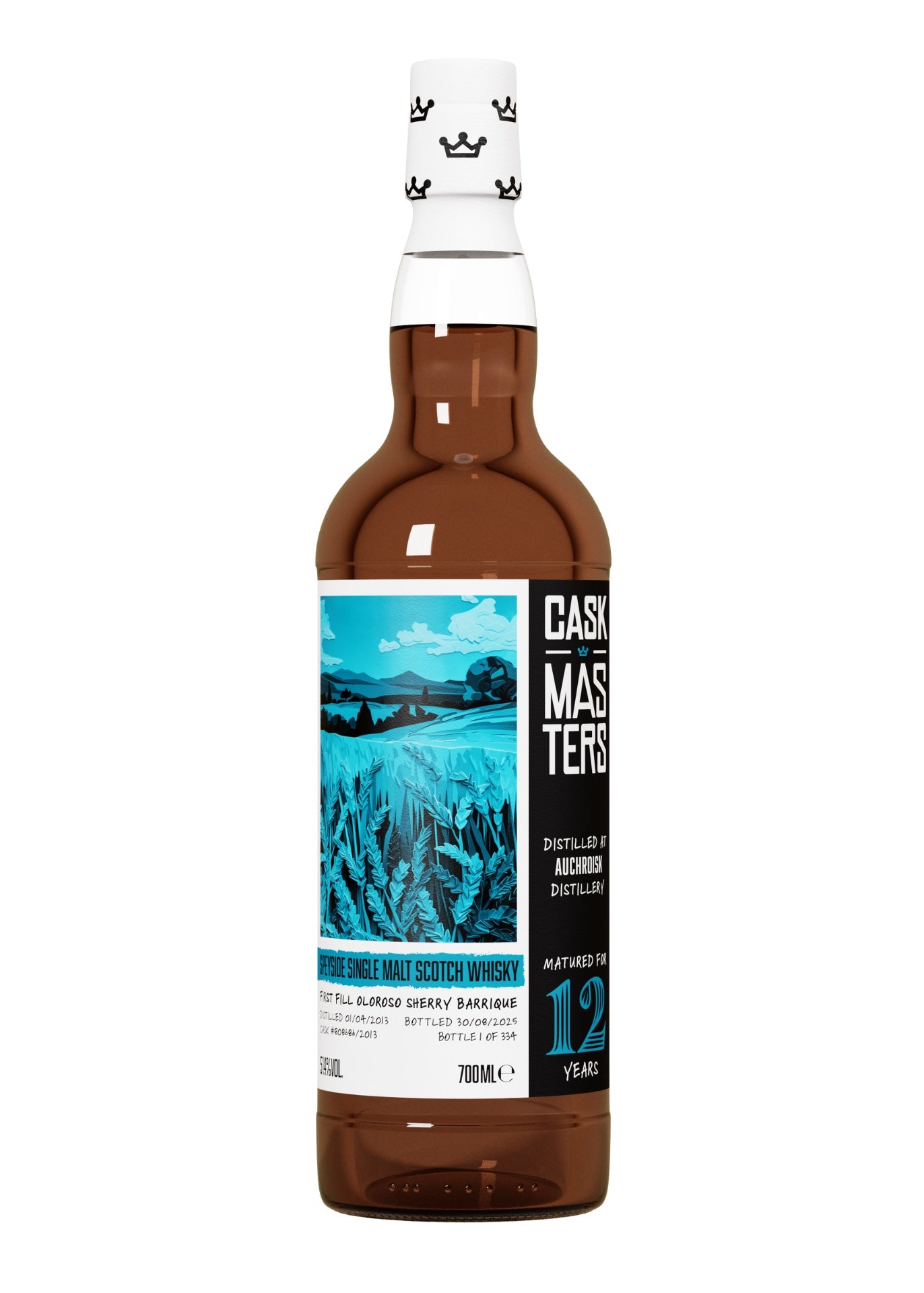
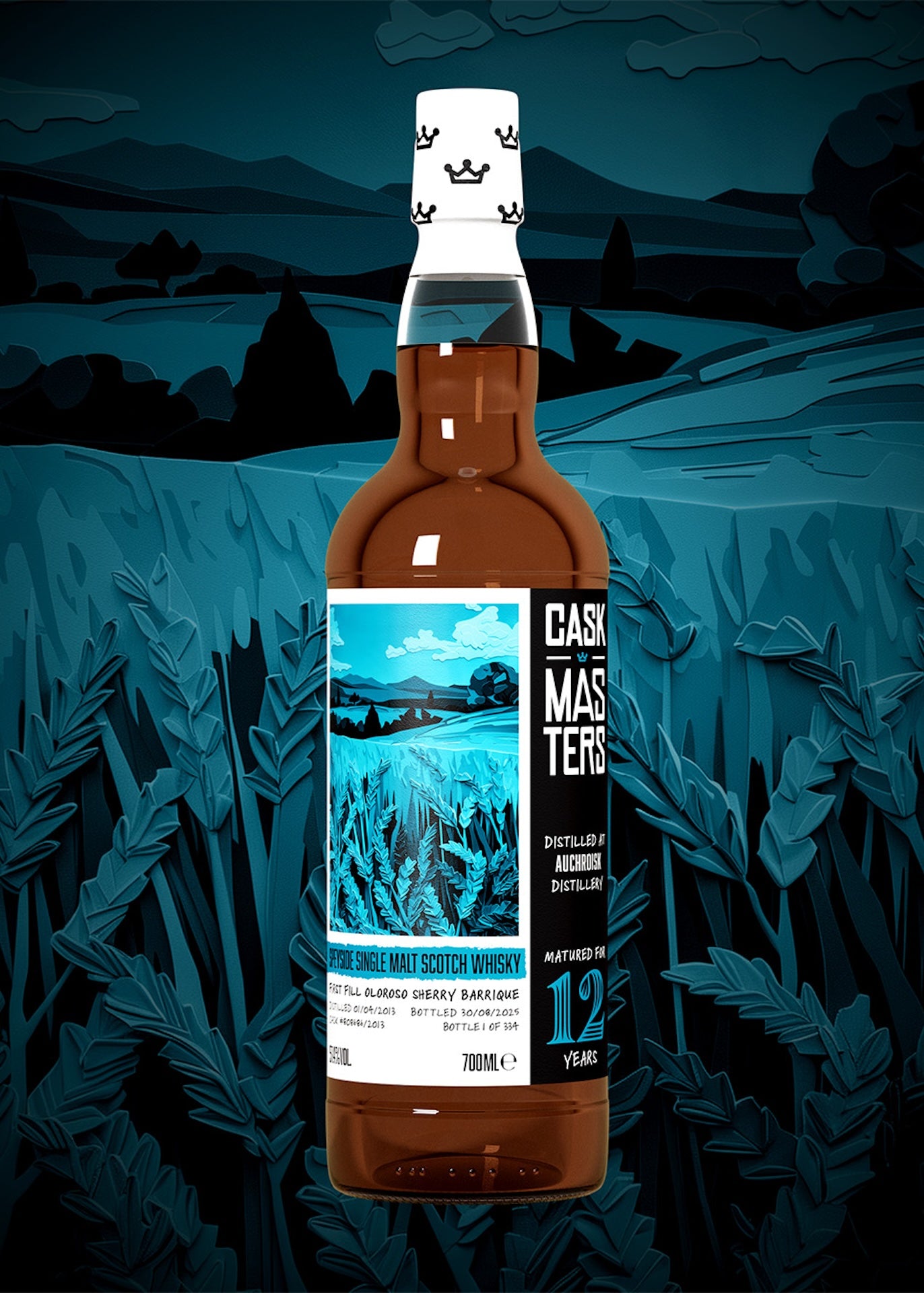
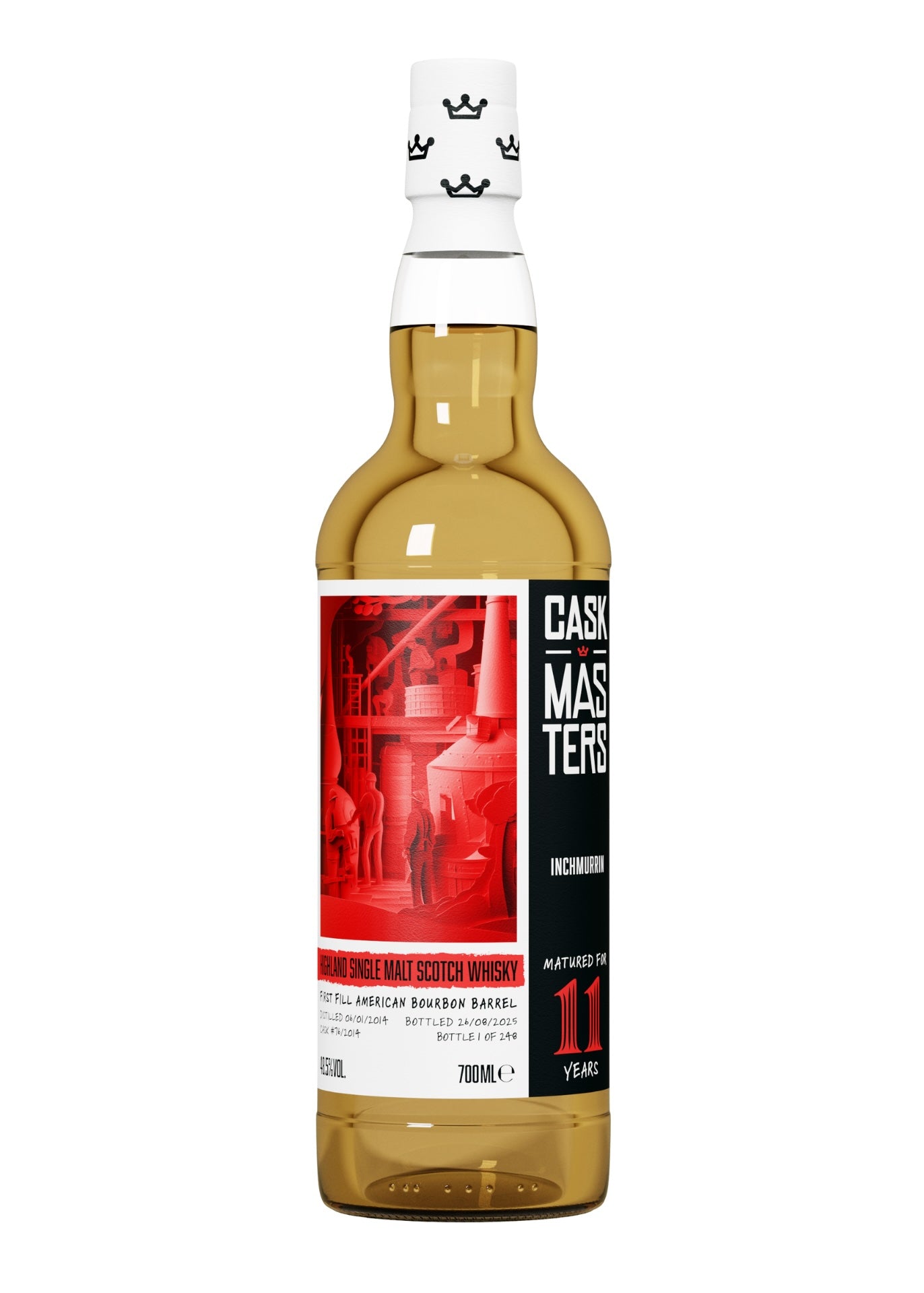
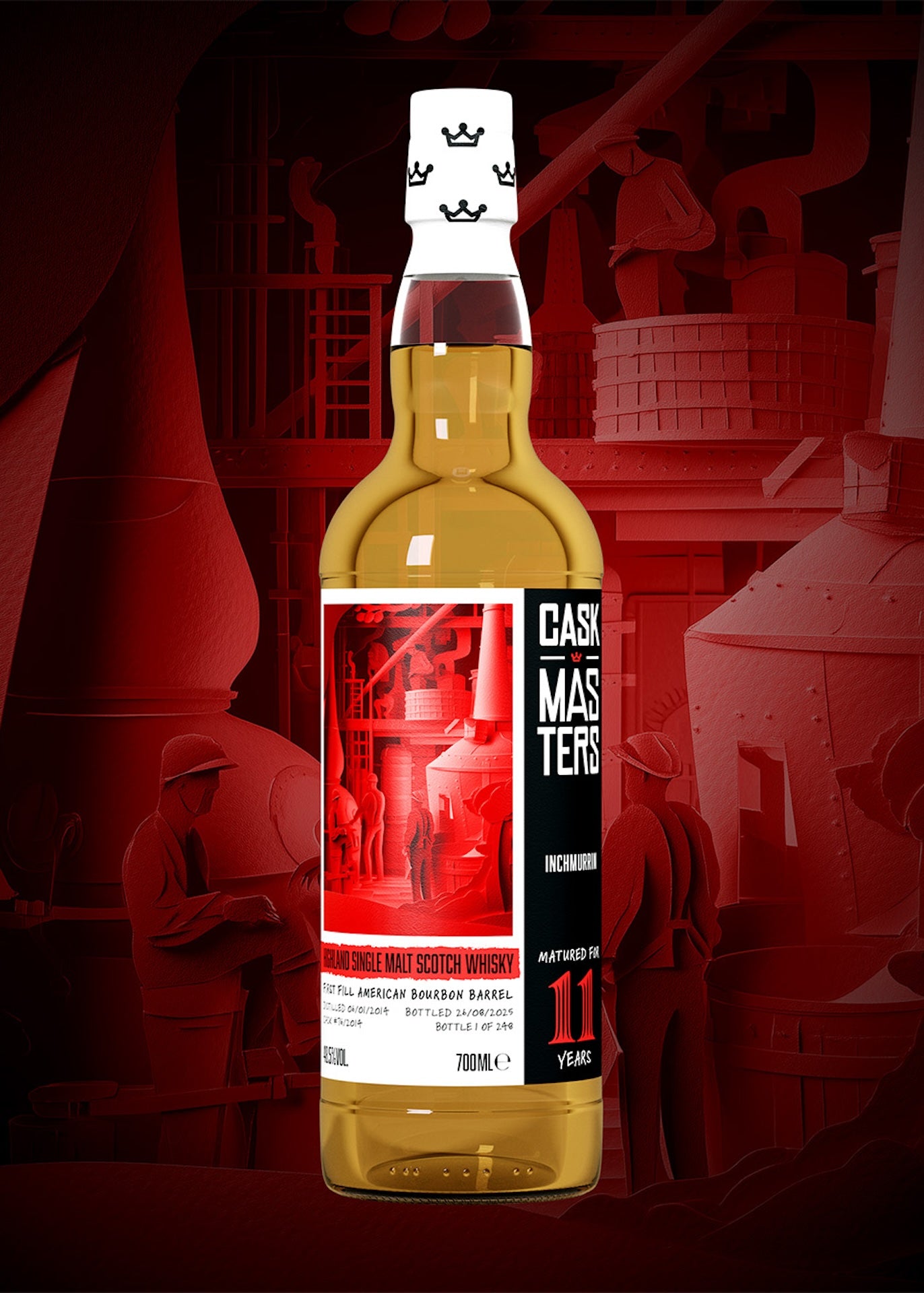
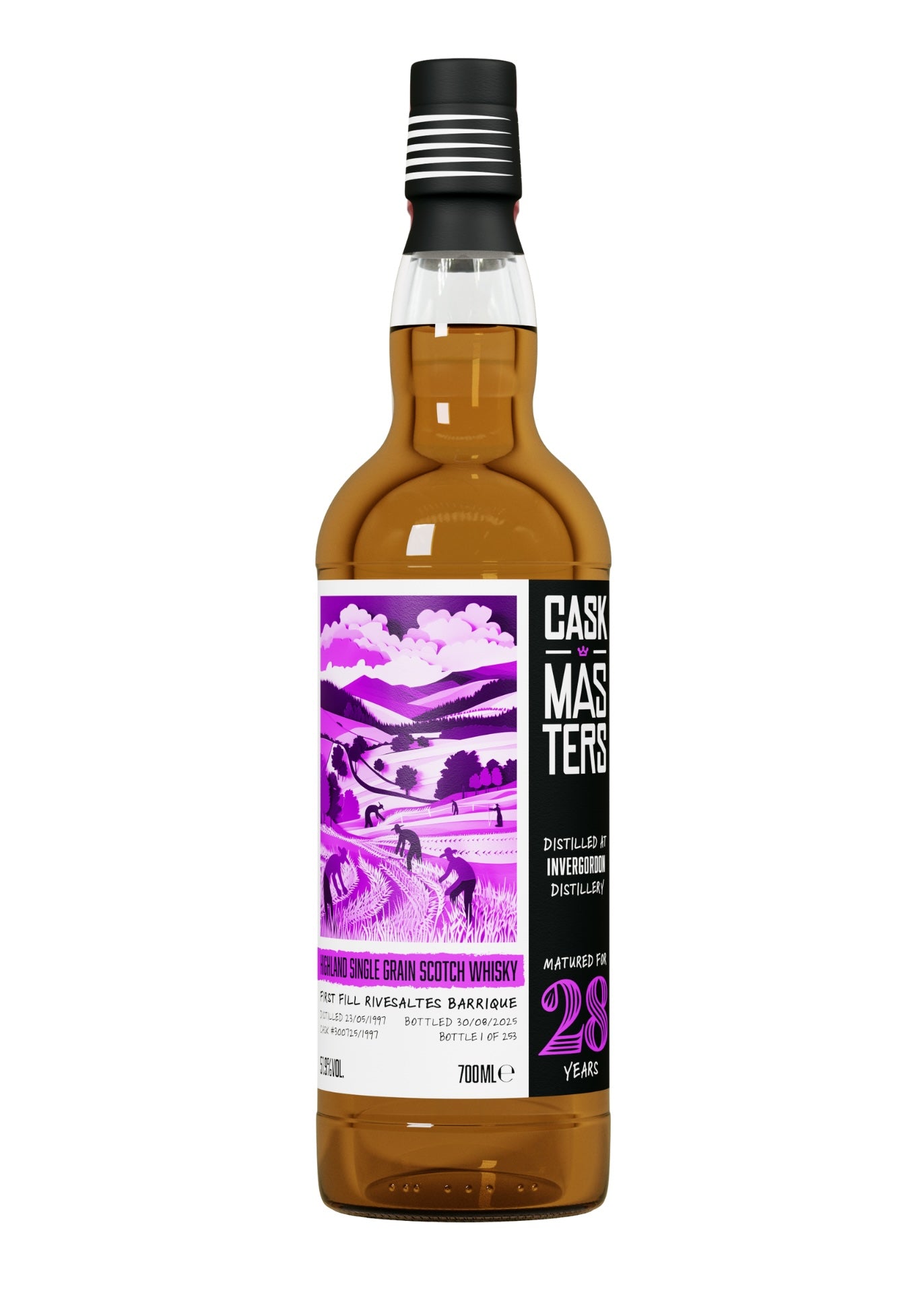
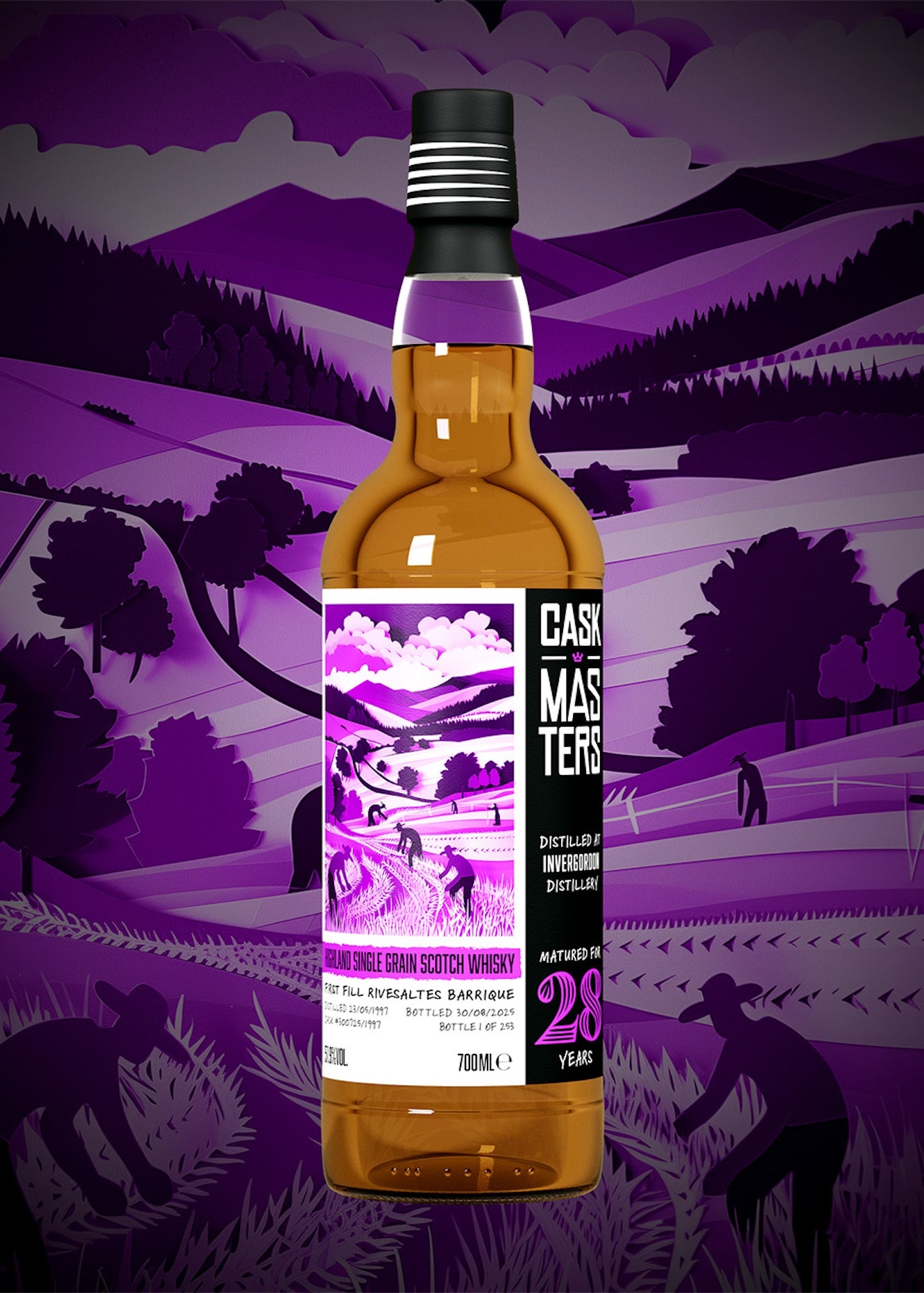
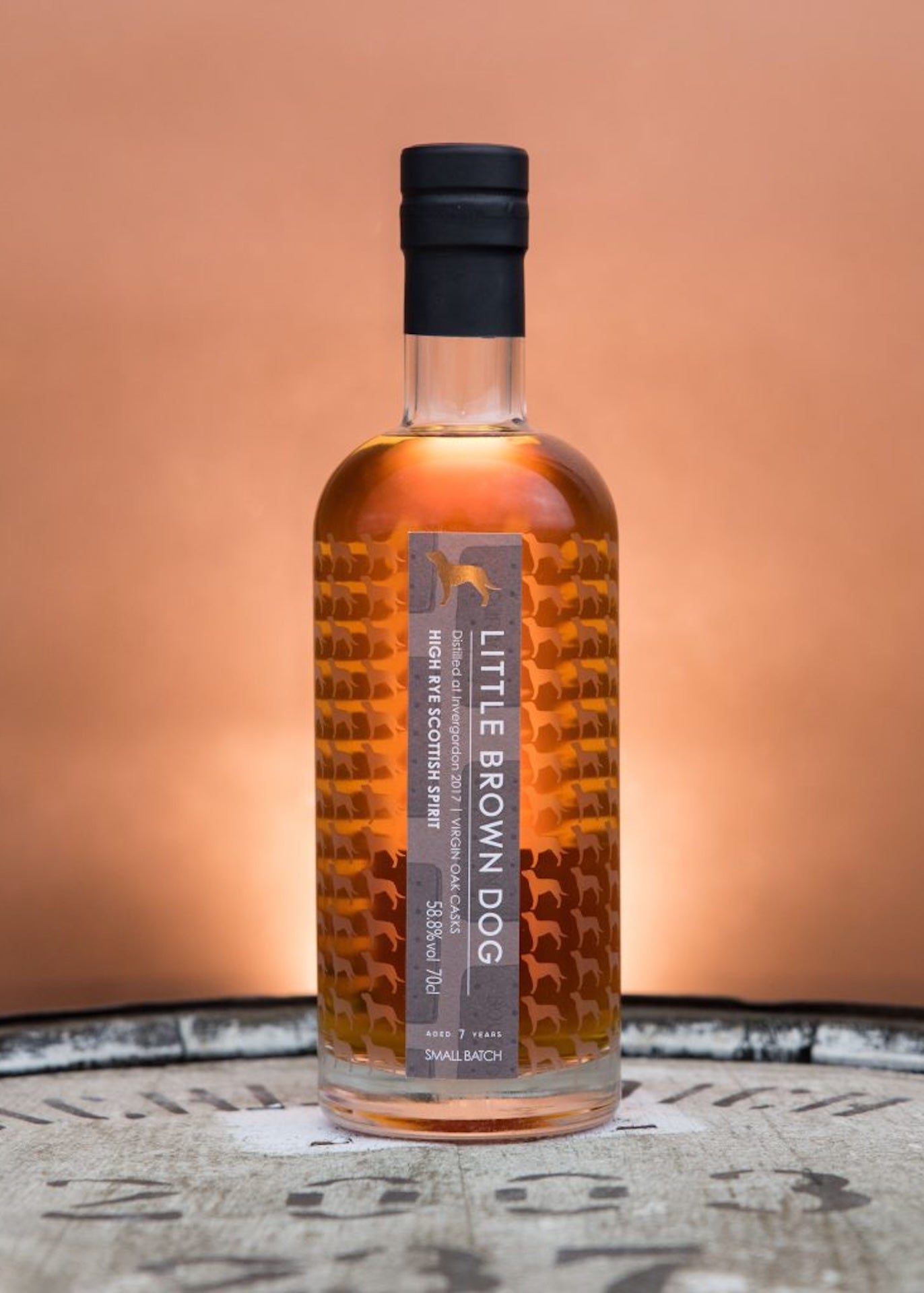
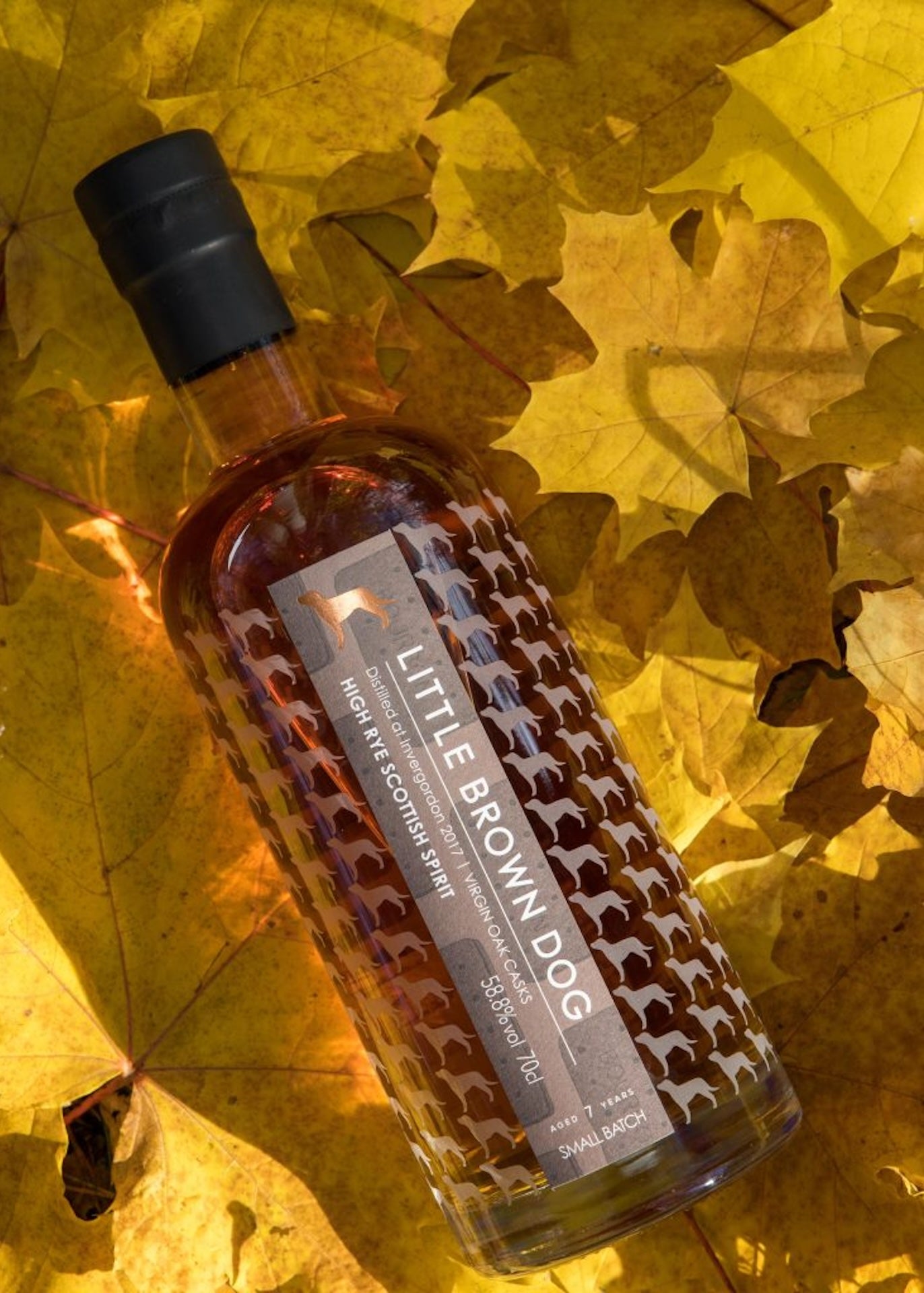
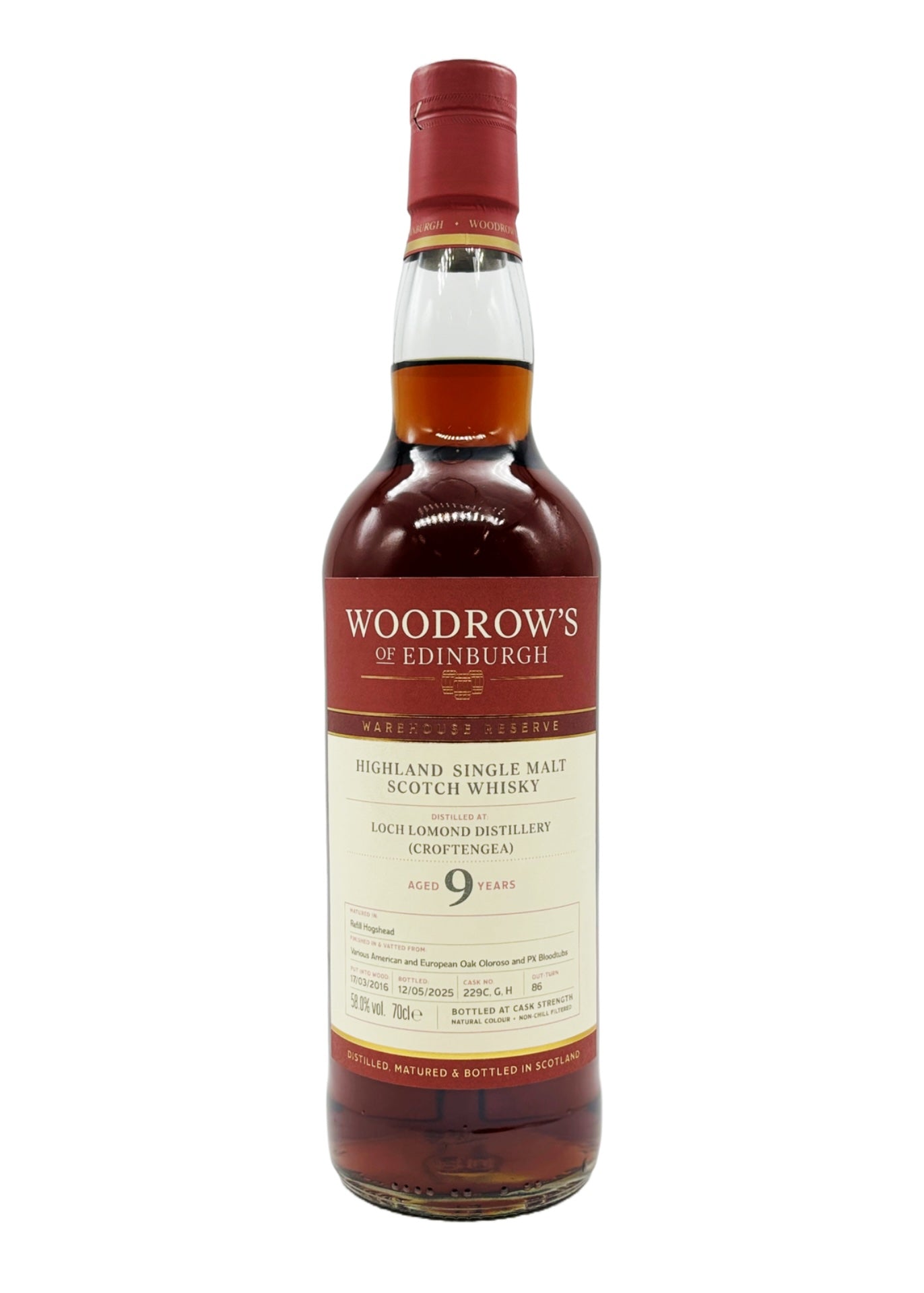
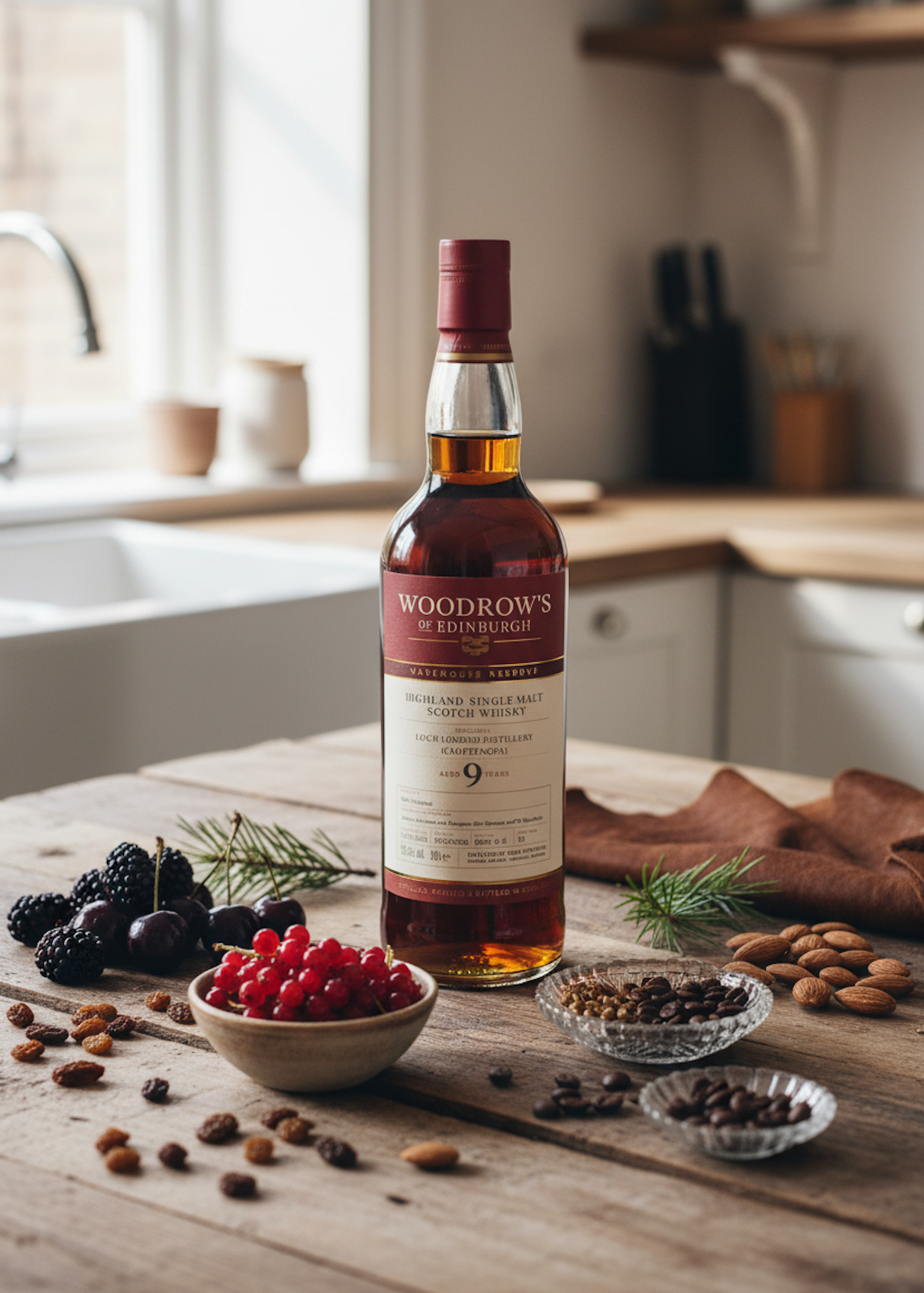
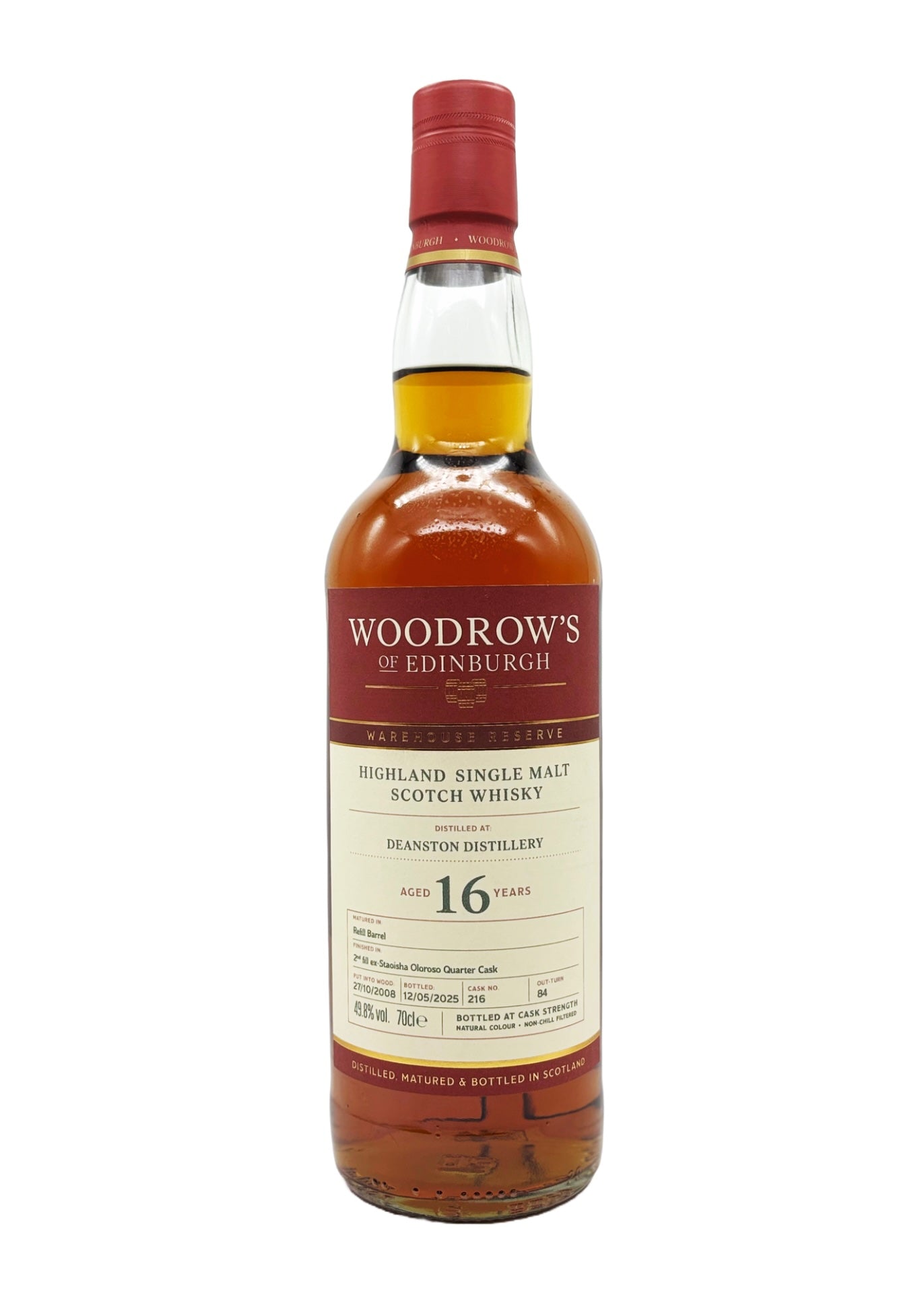
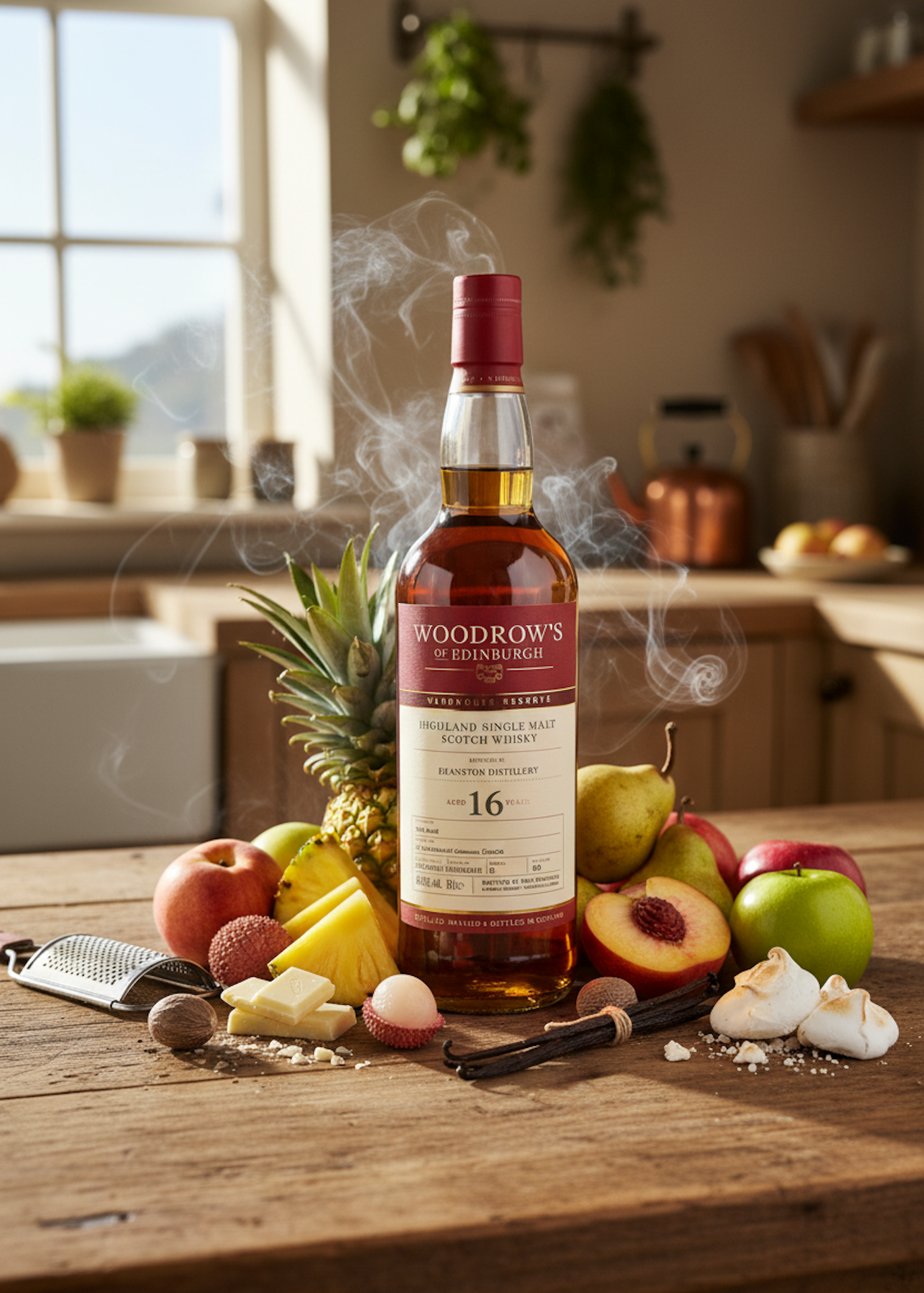
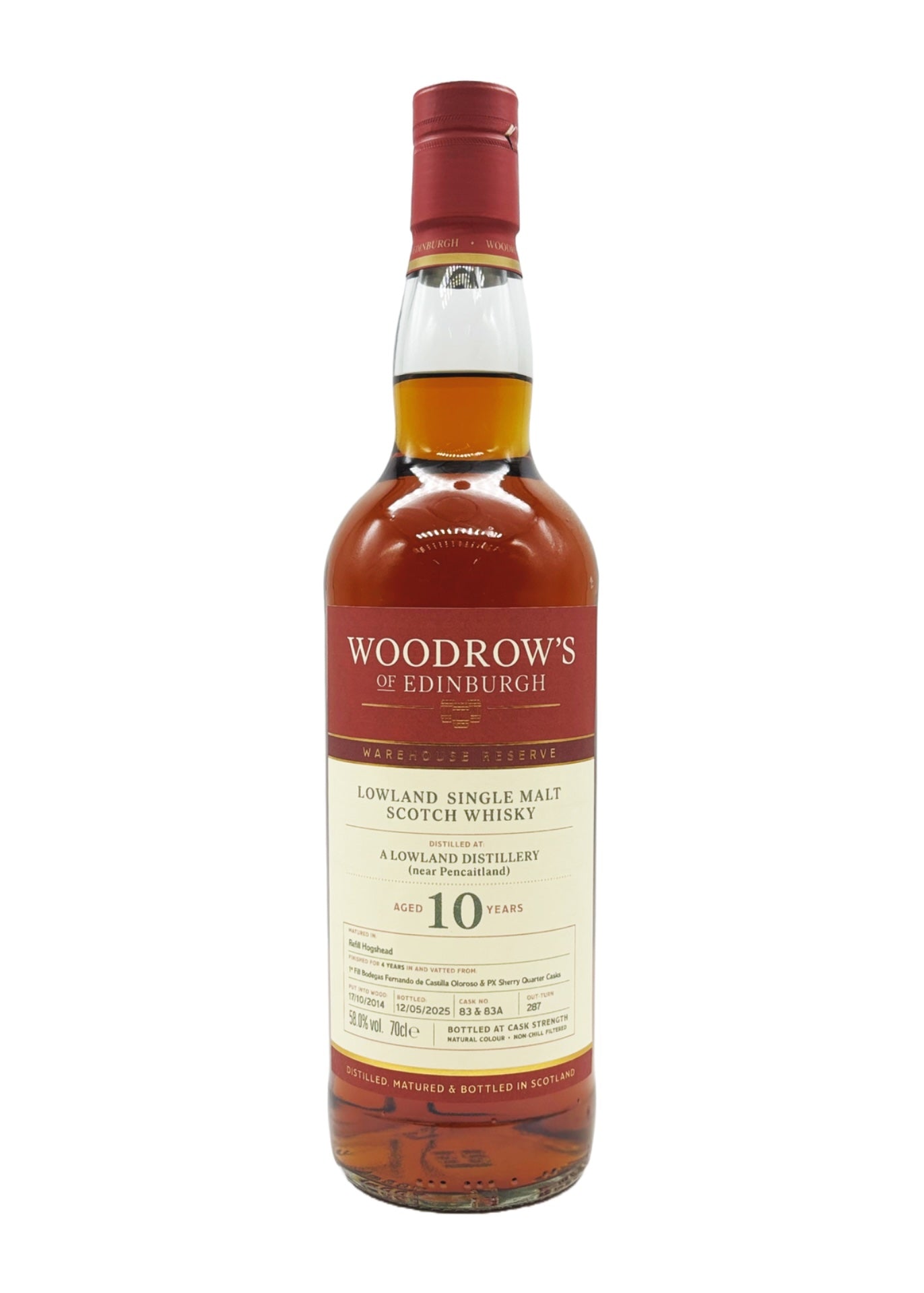
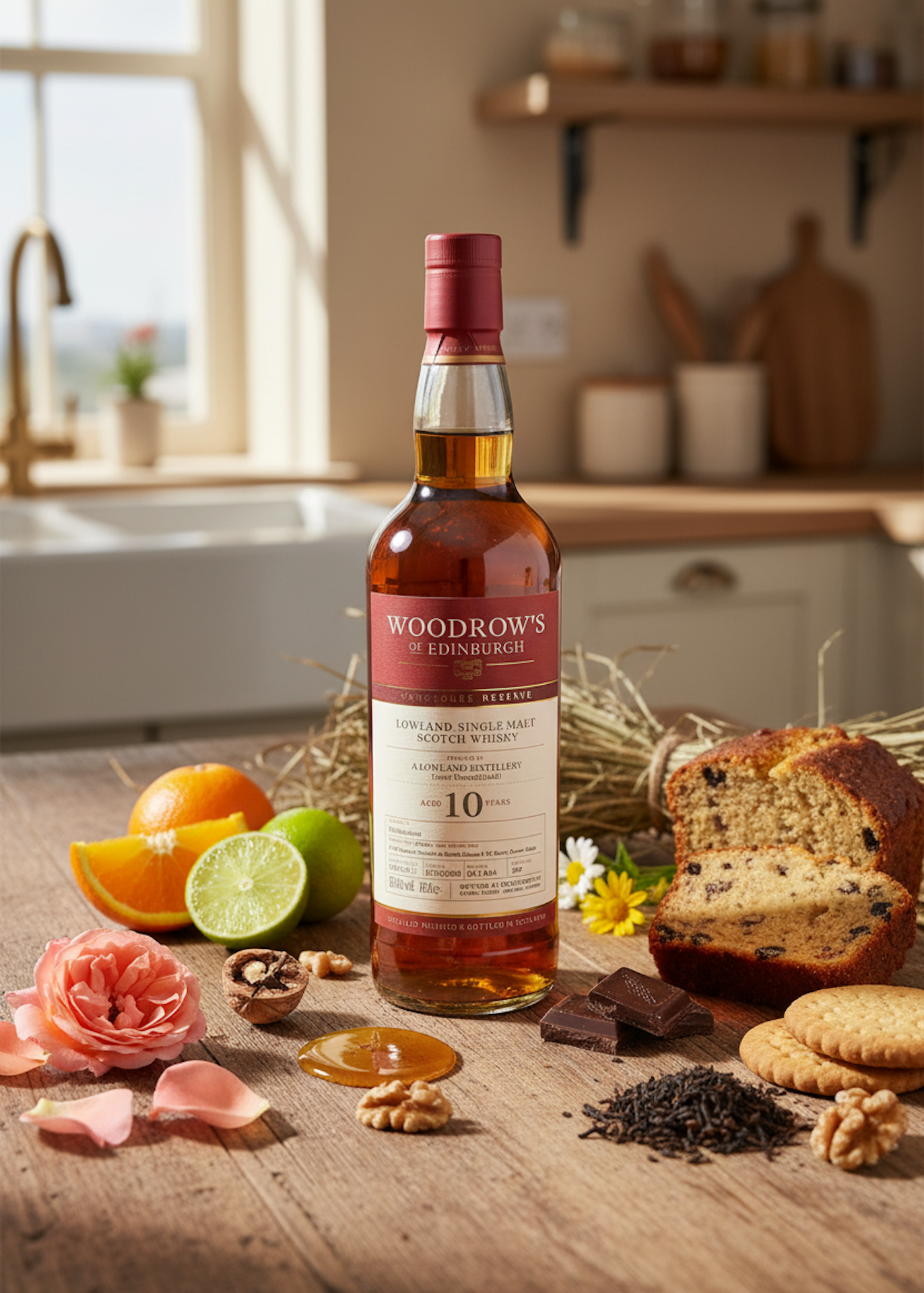

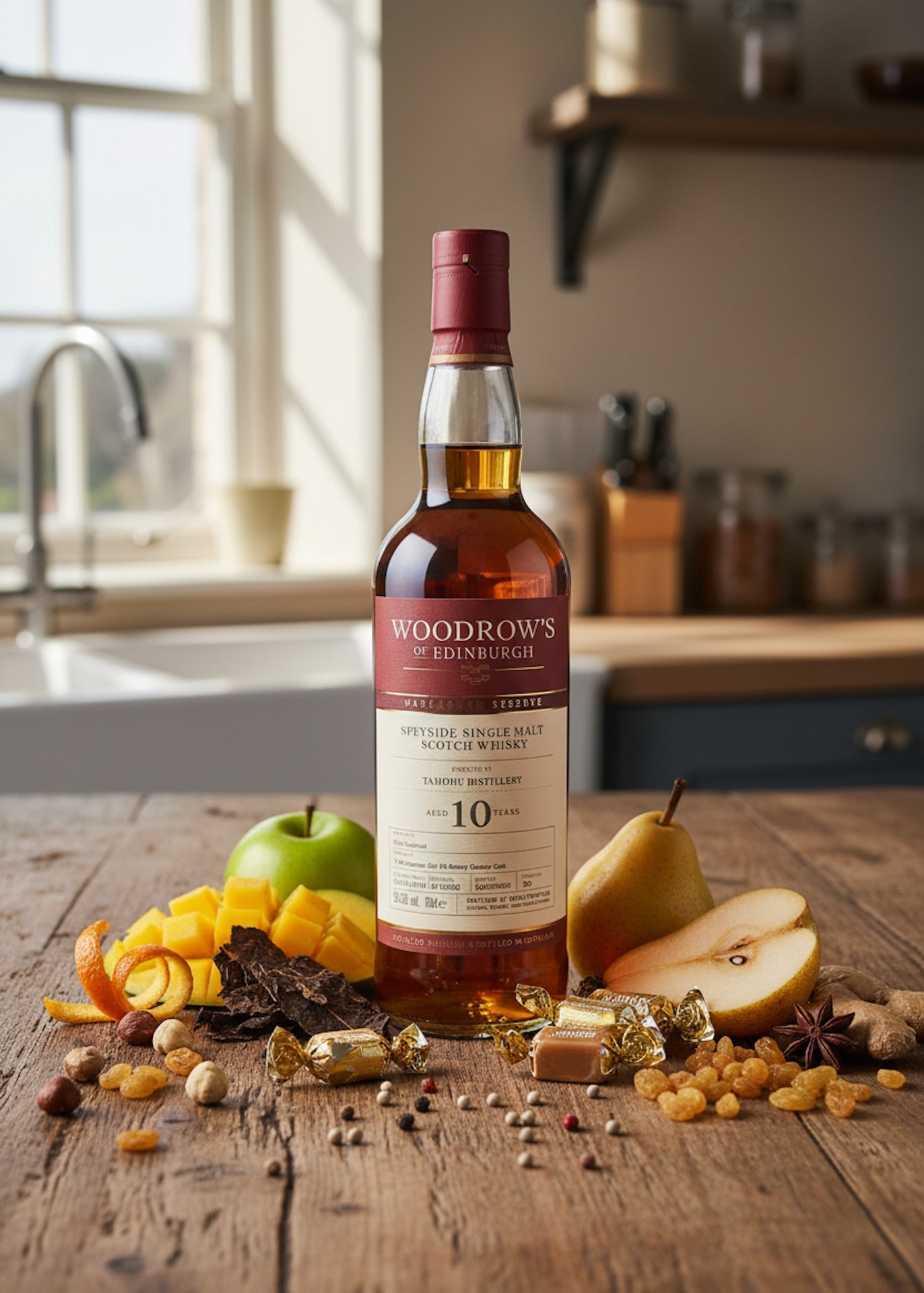
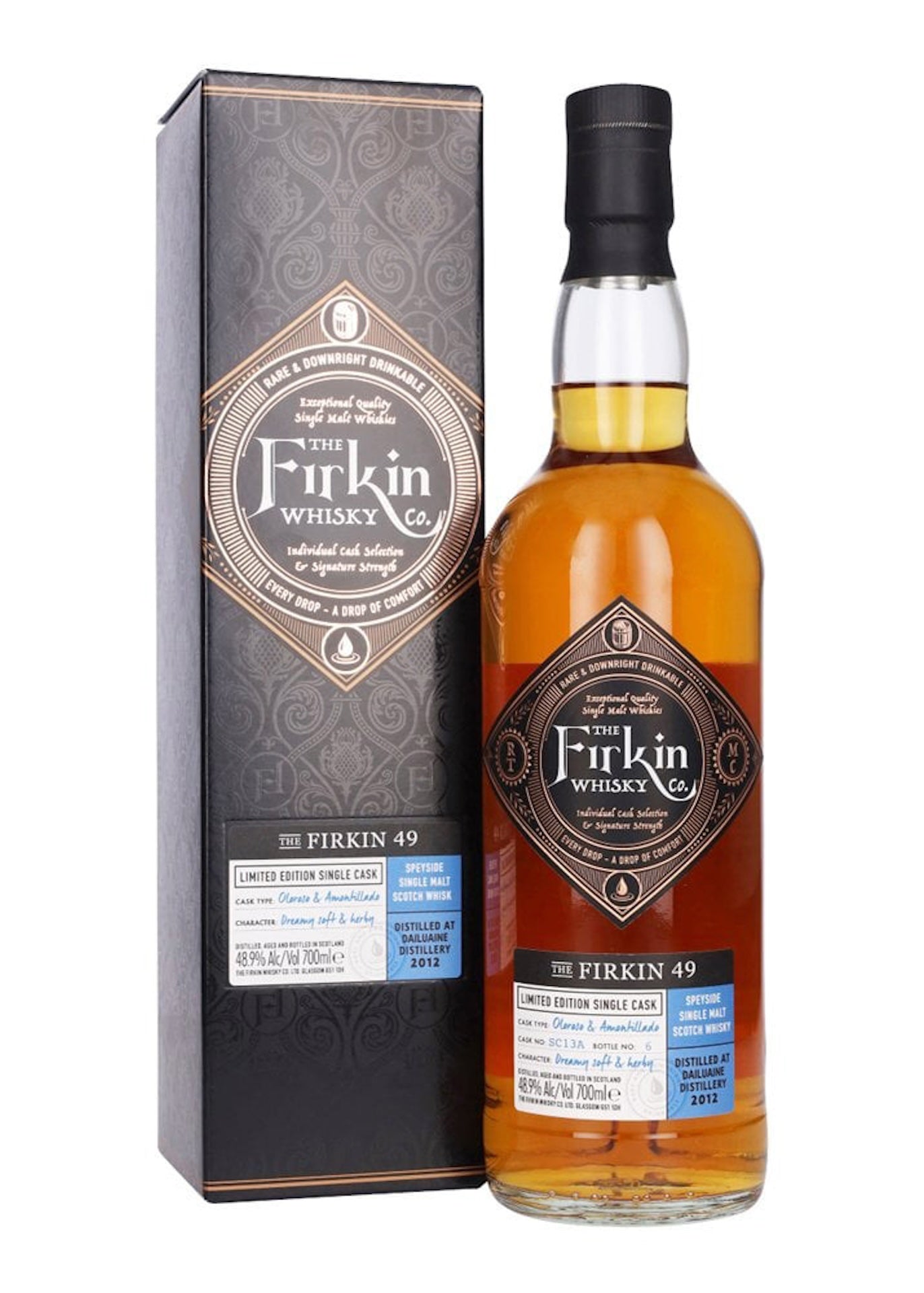
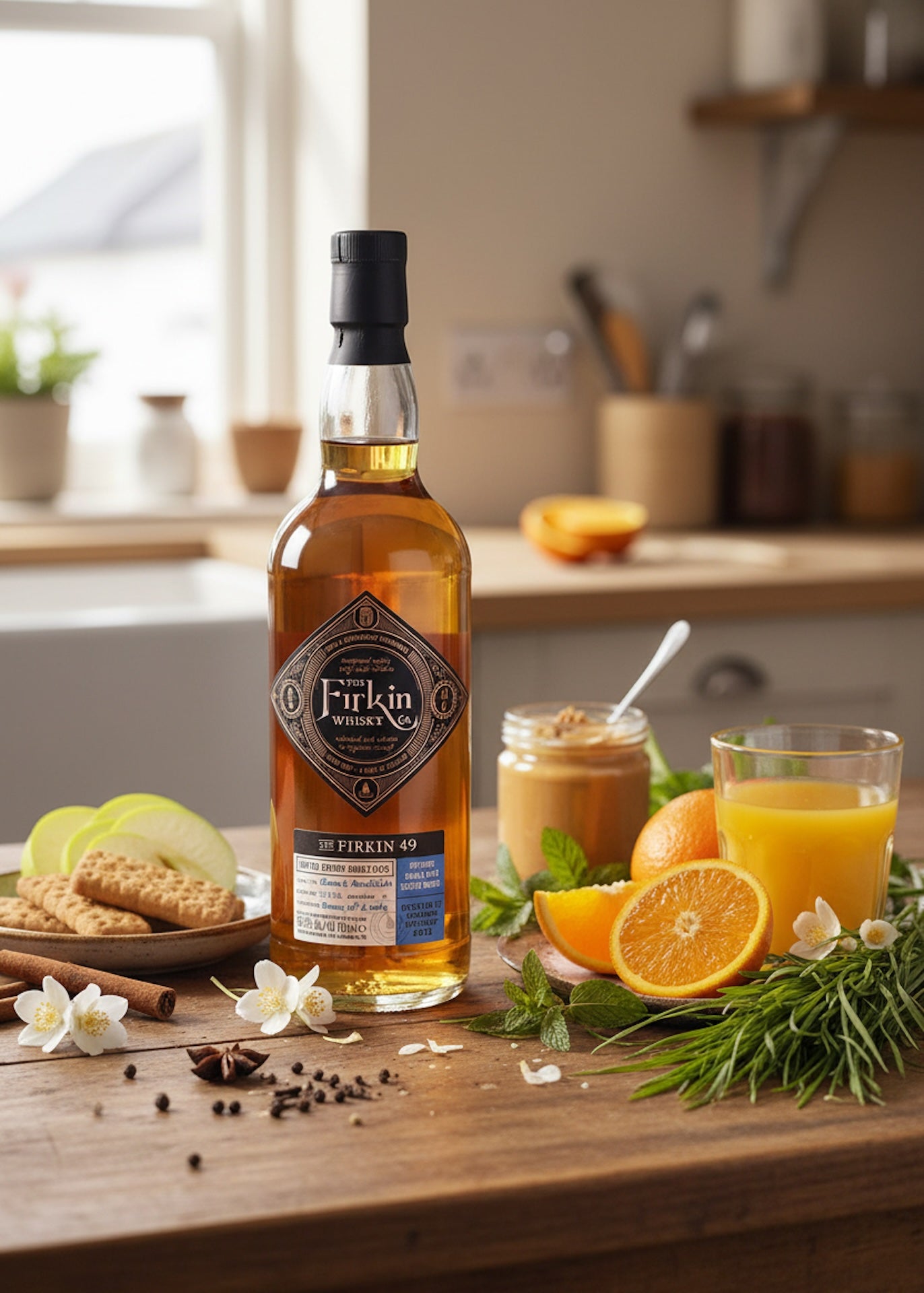
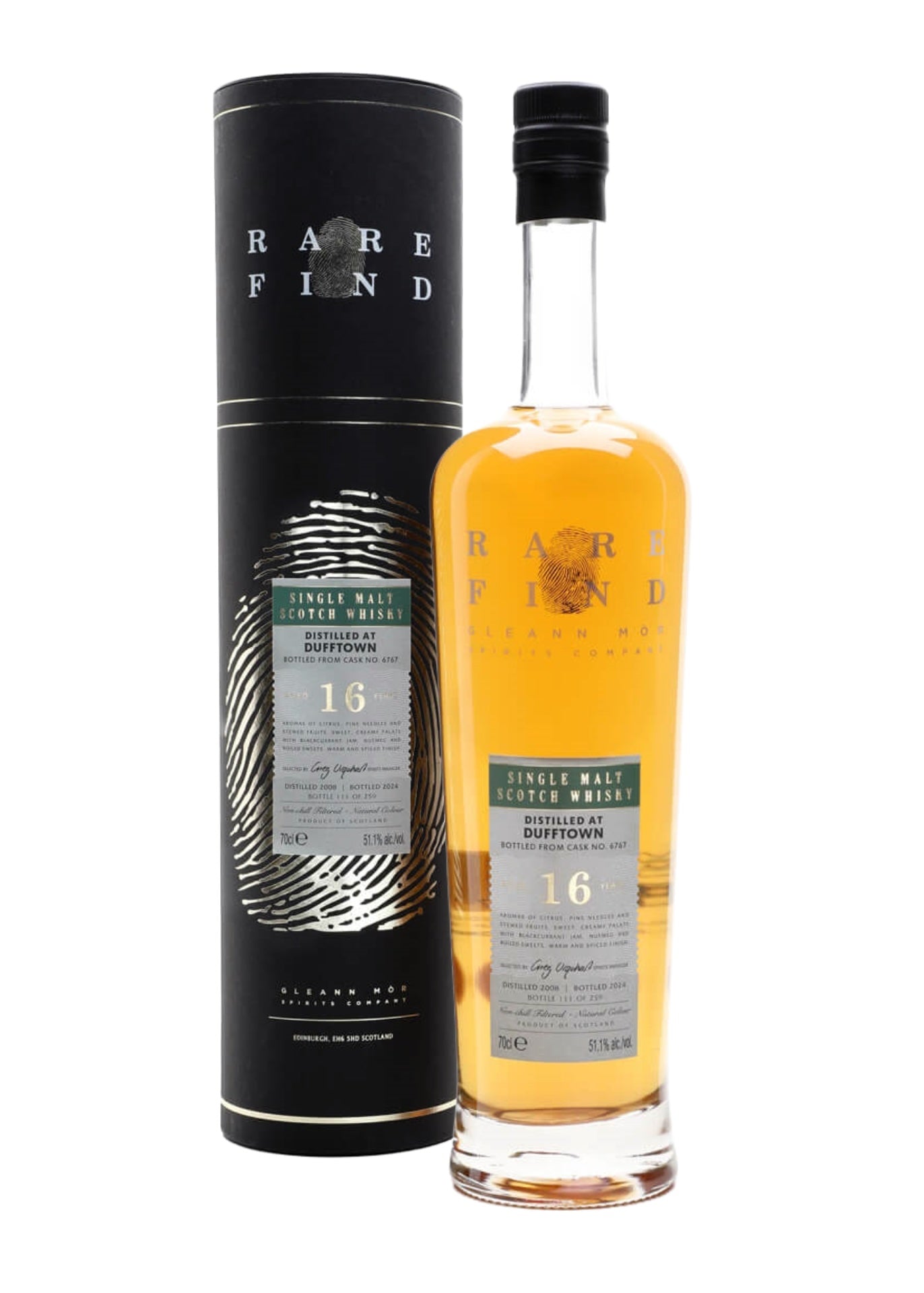

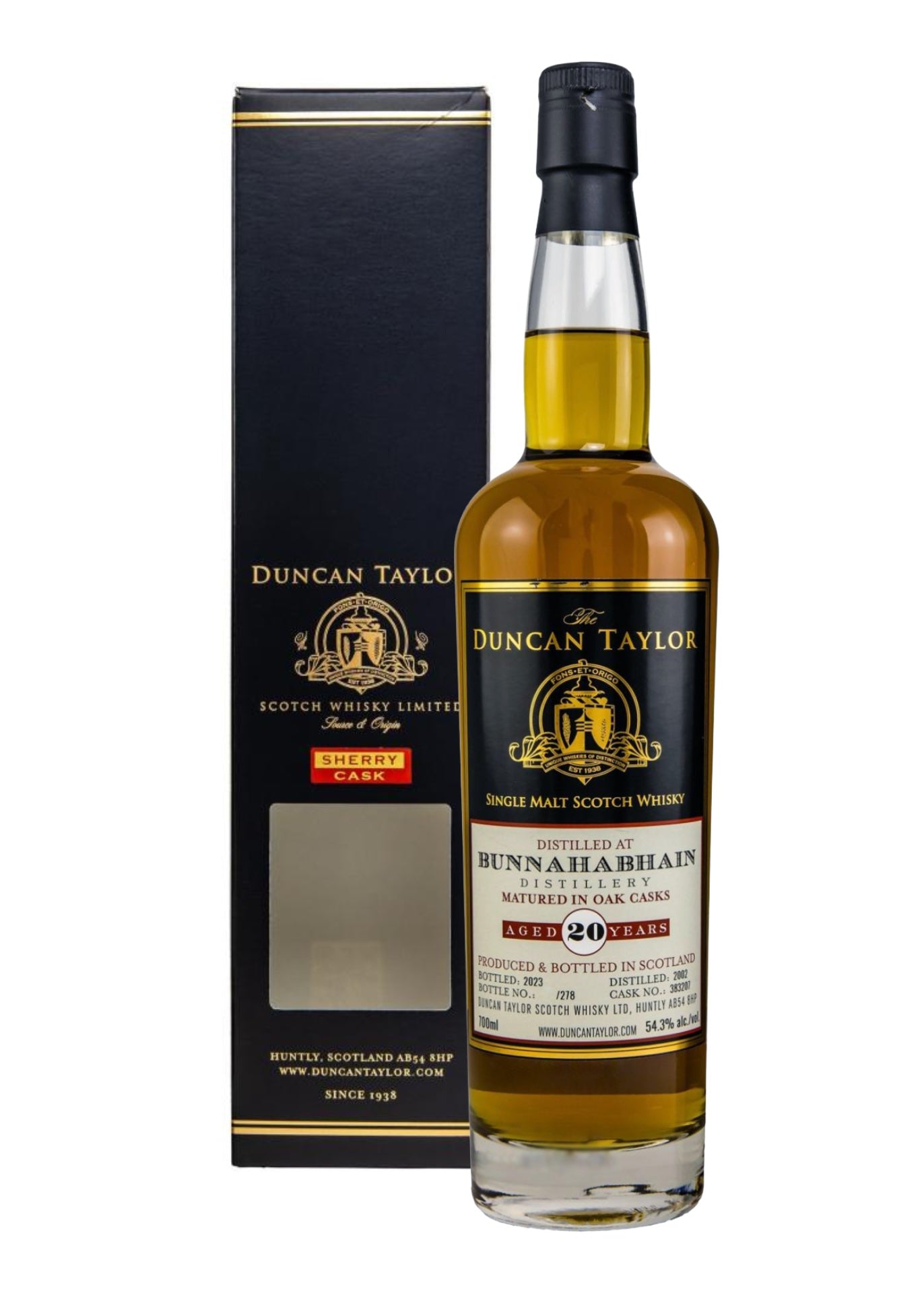
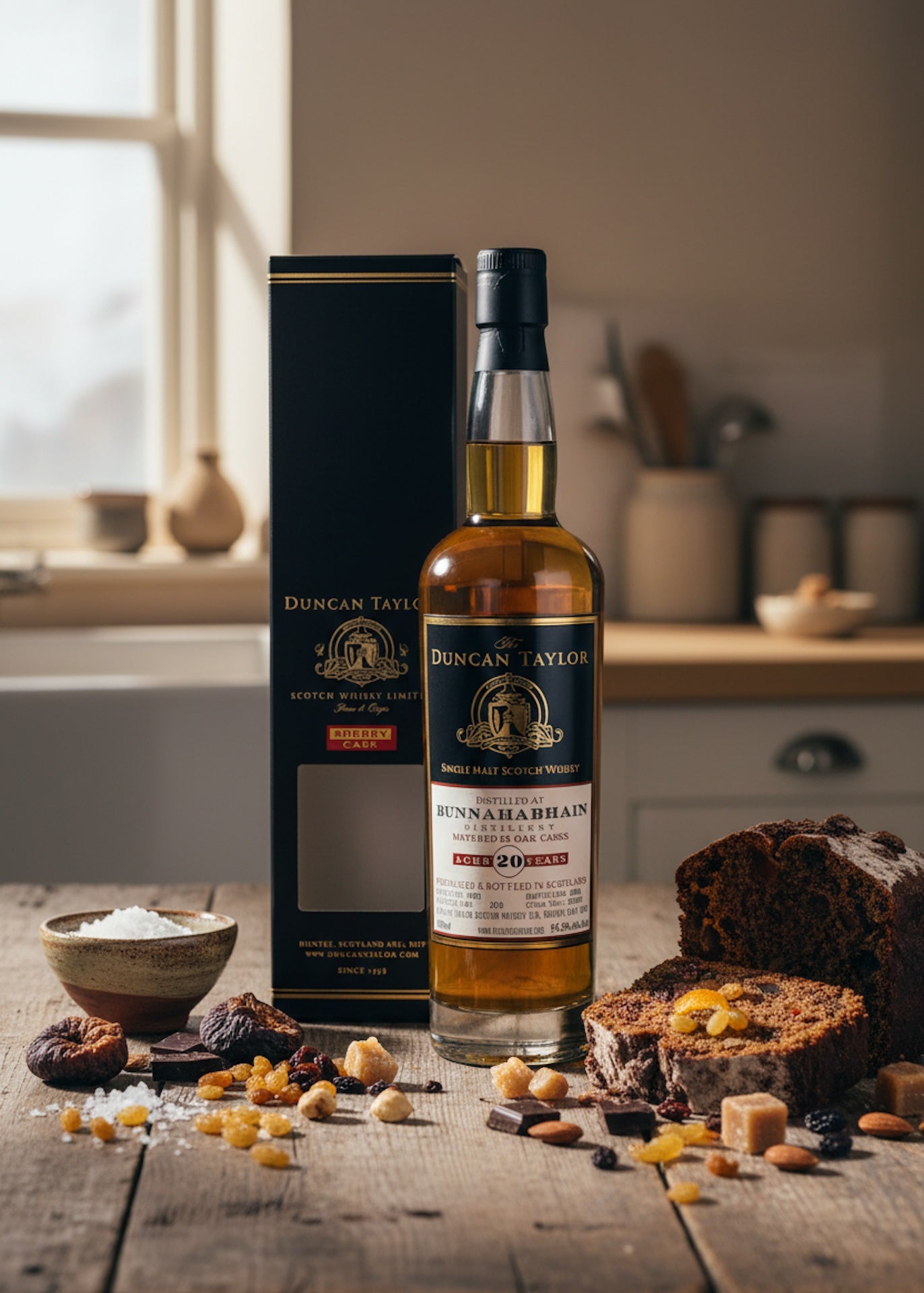
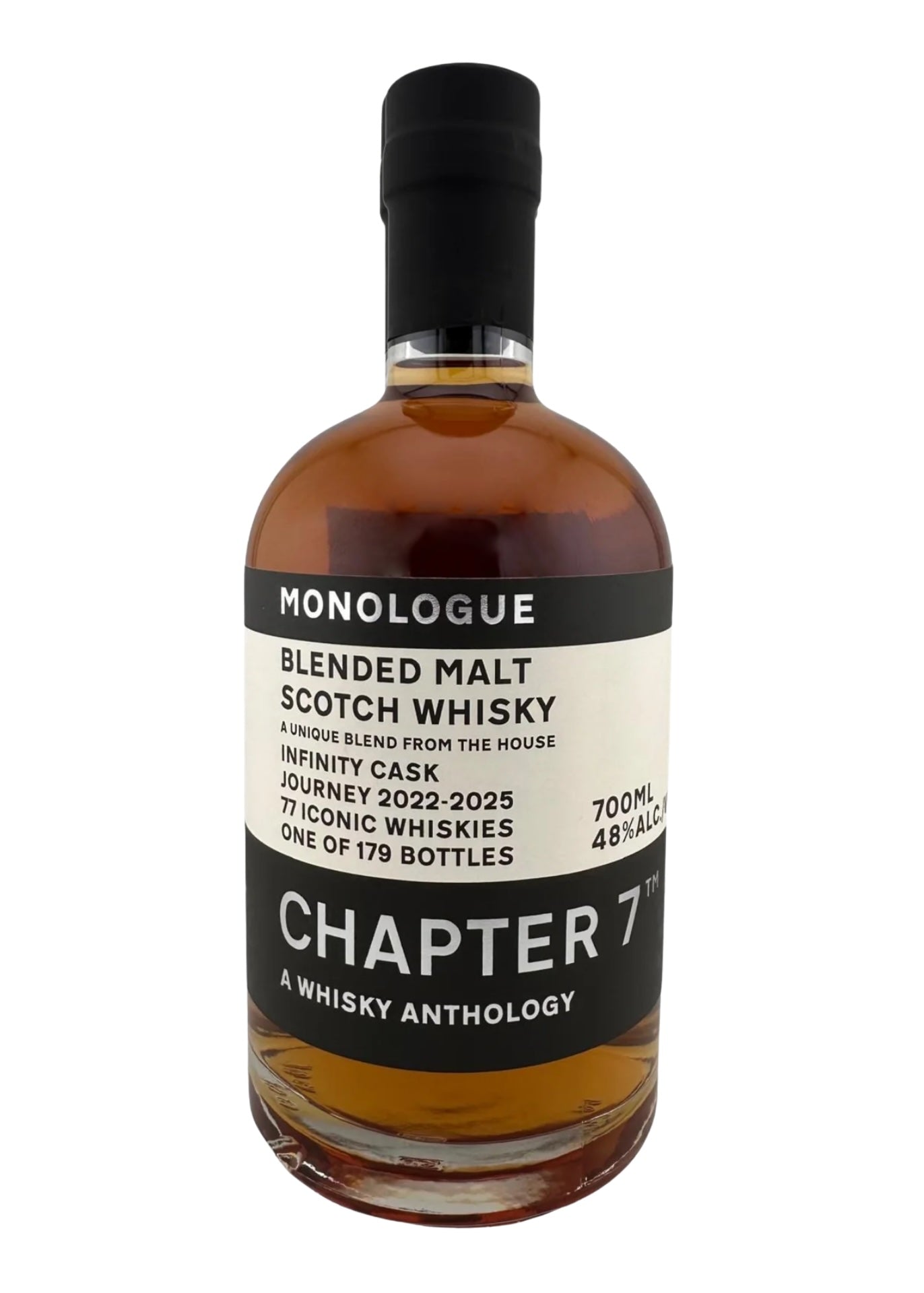
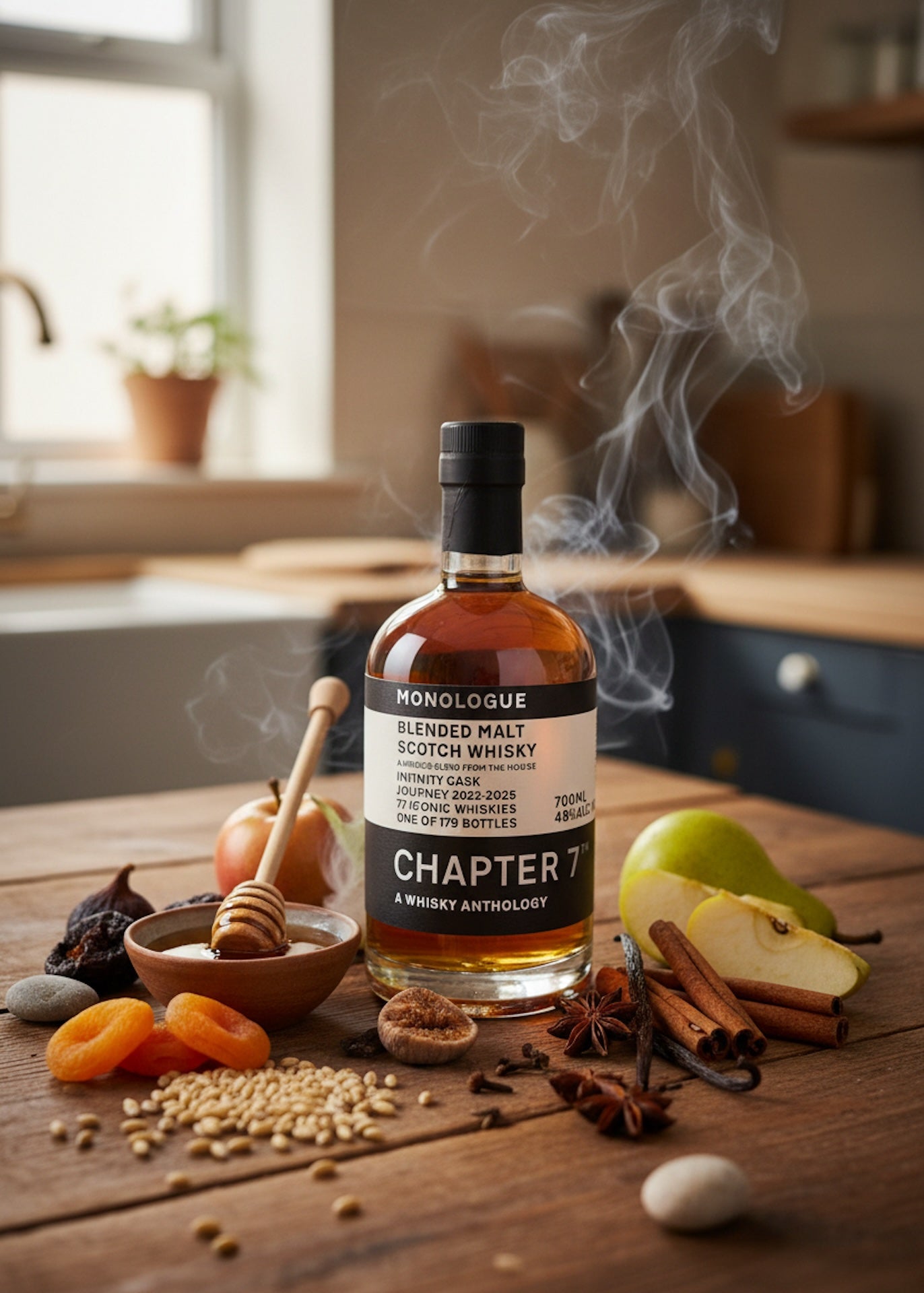
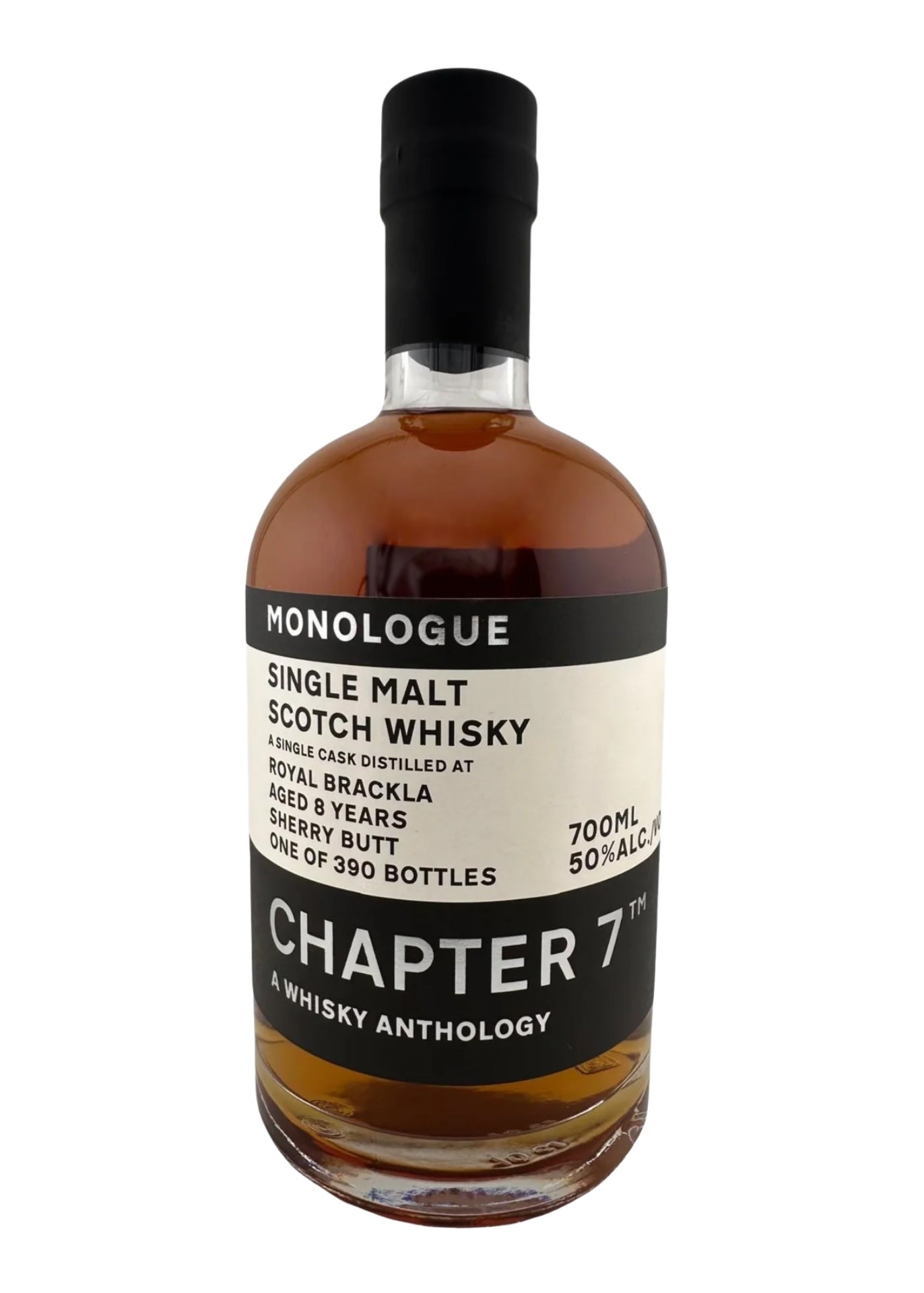
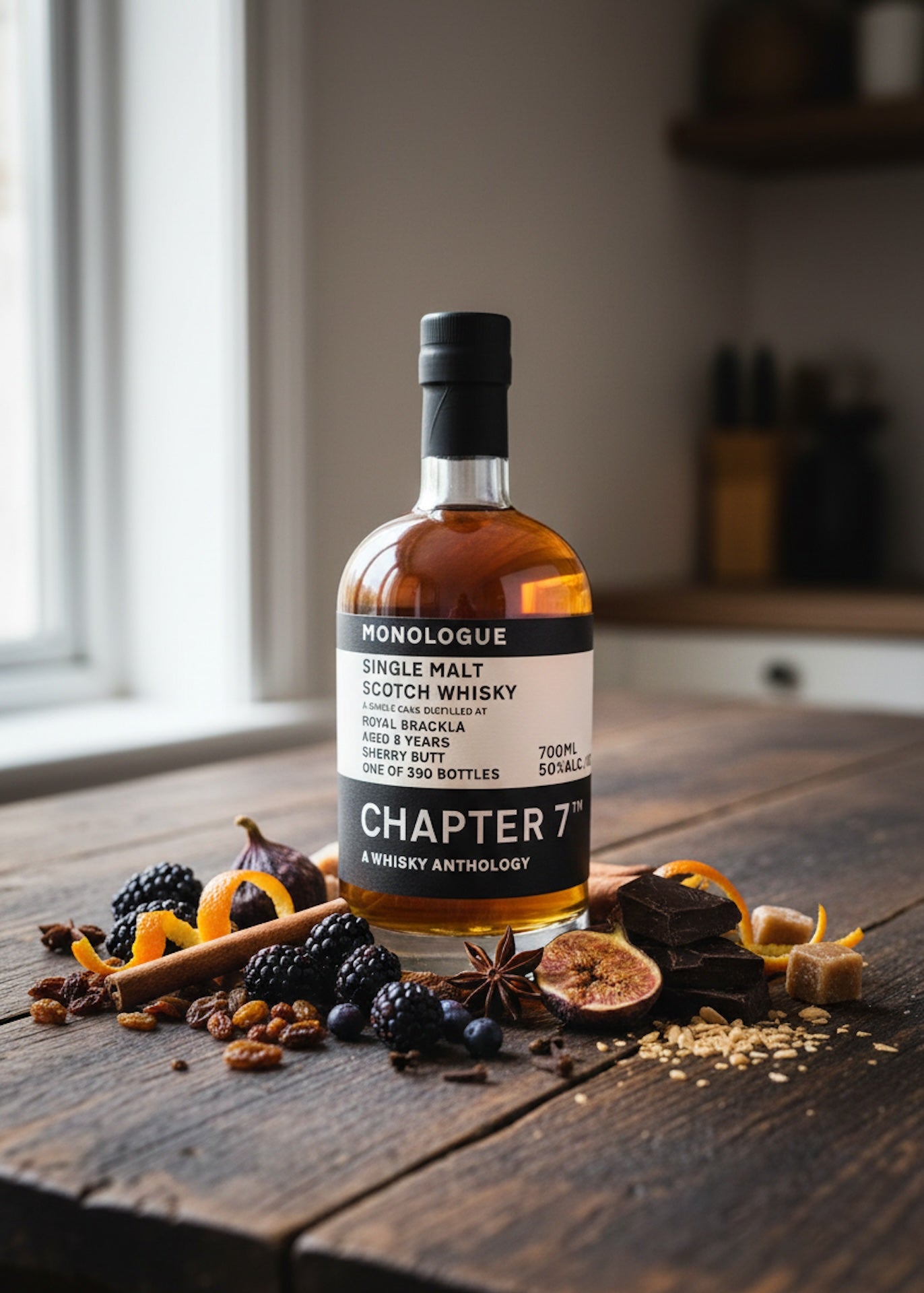
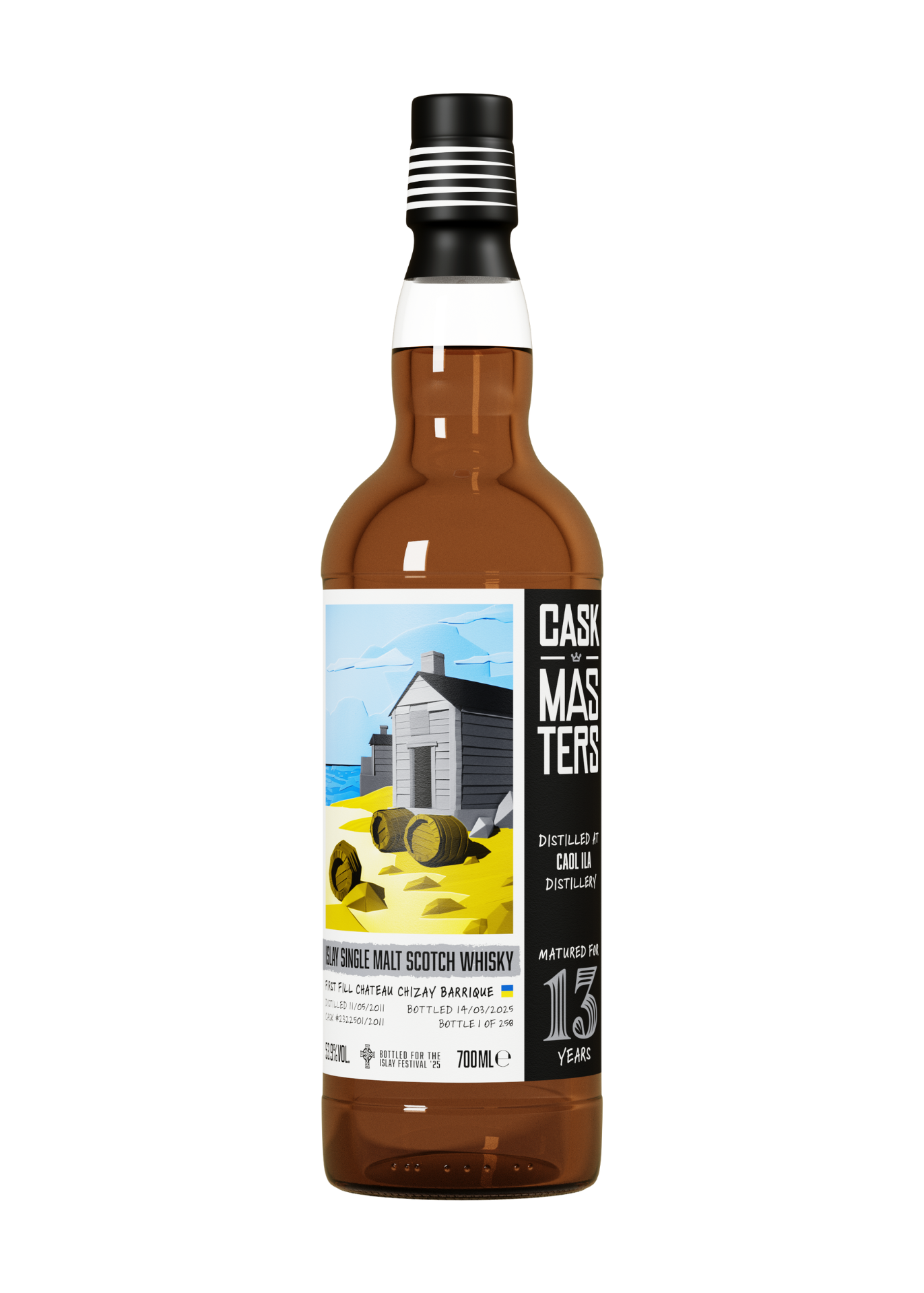
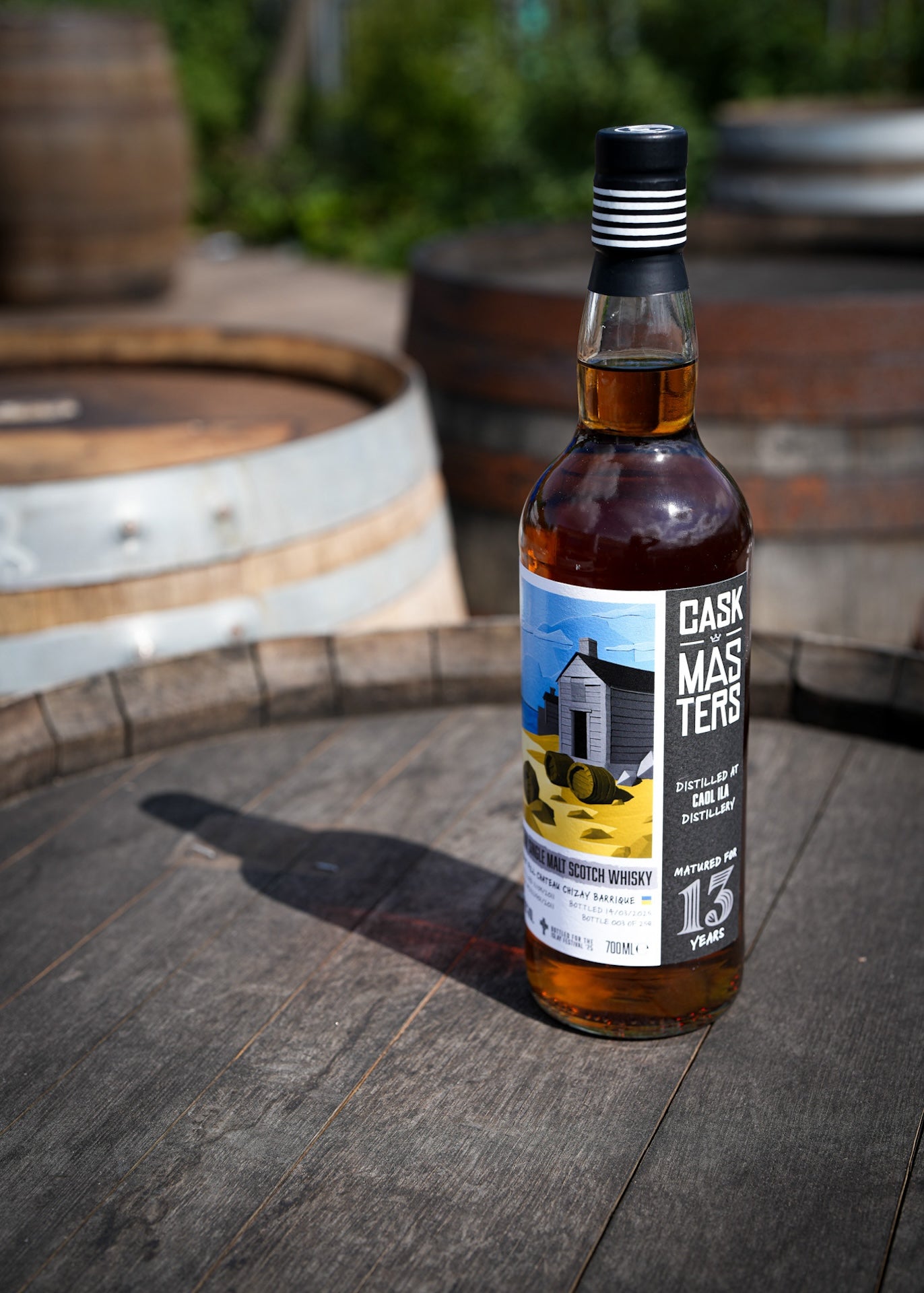
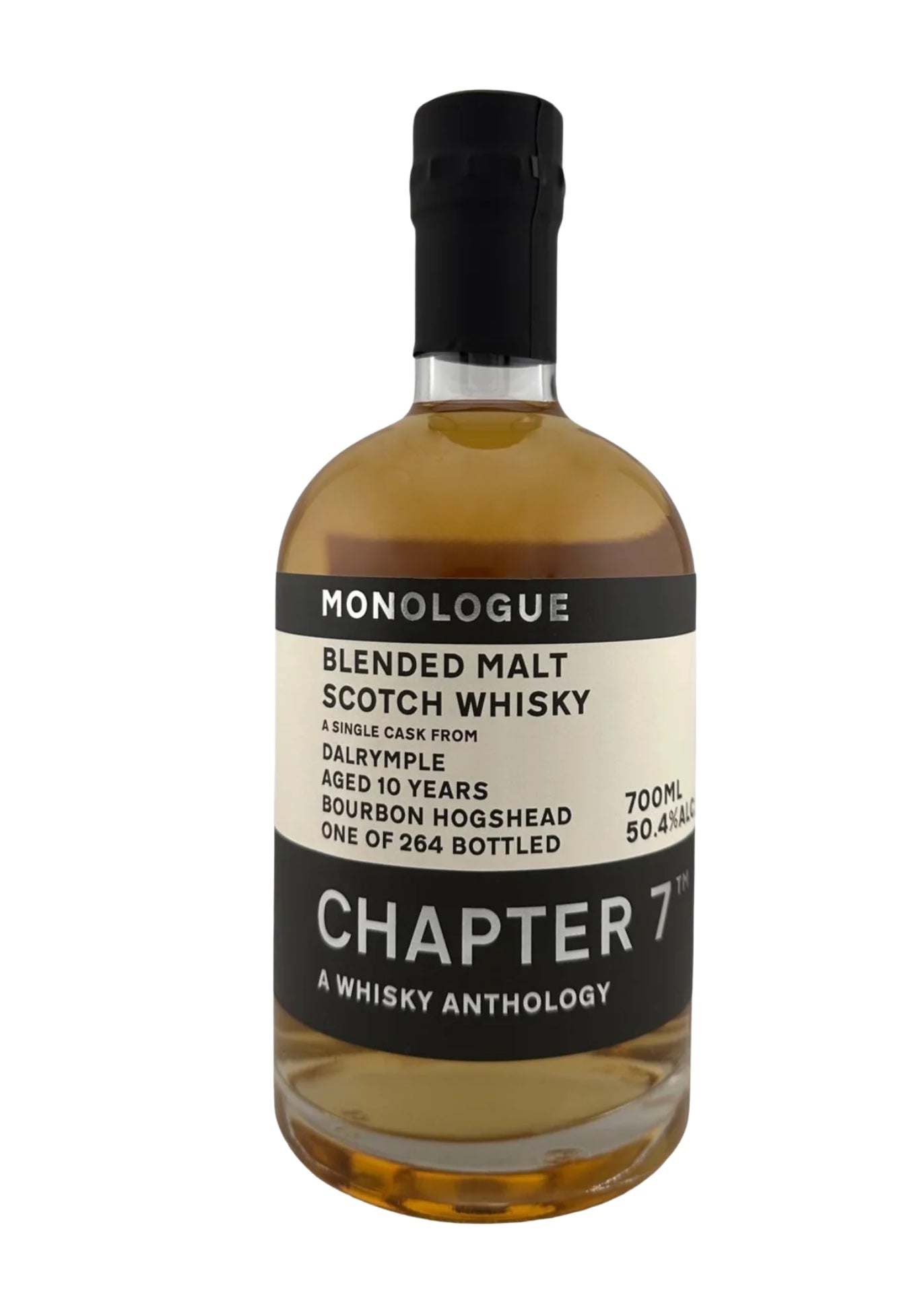
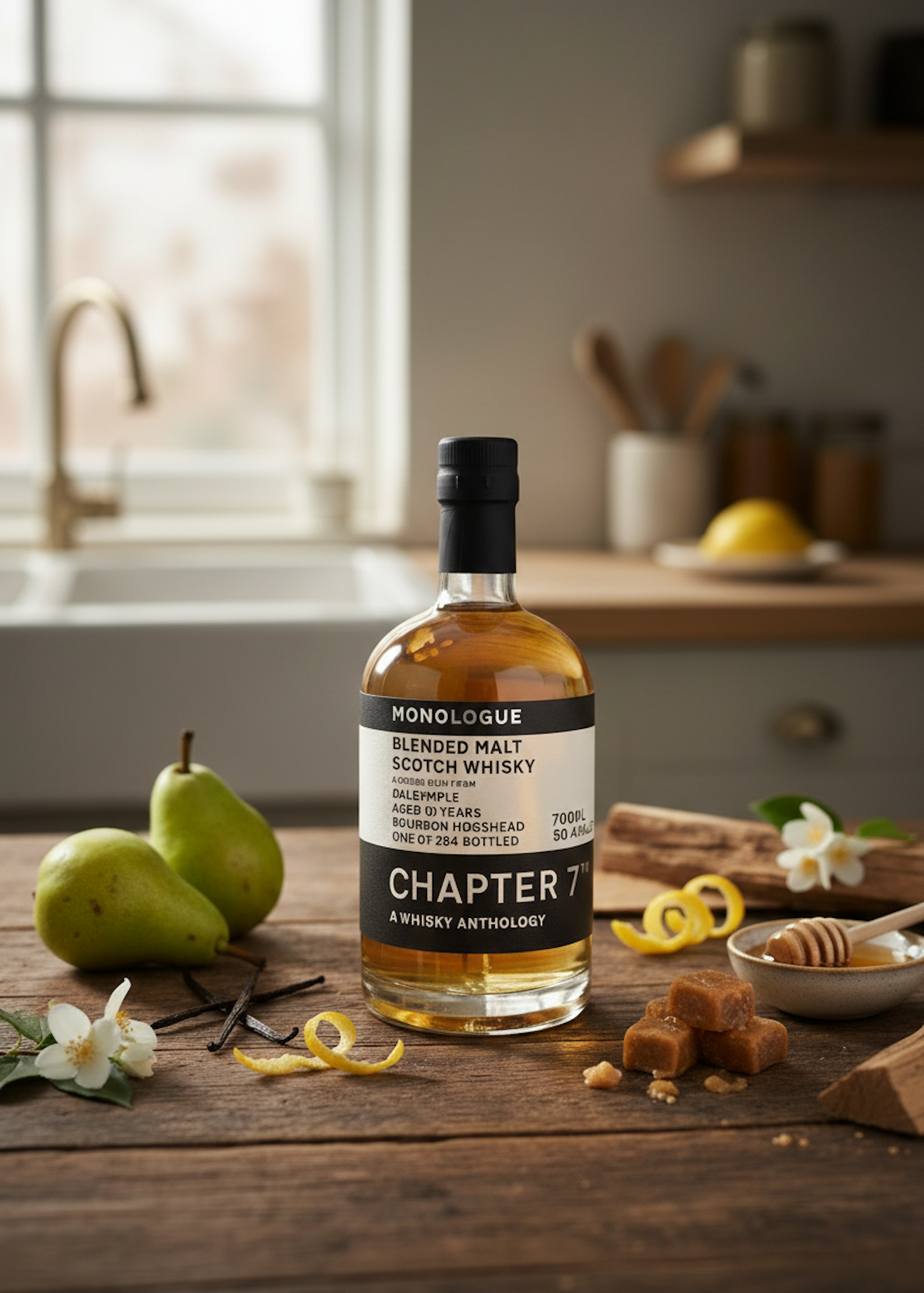
Leave a comment
This site is protected by hCaptcha and the hCaptcha Privacy Policy and Terms of Service apply.